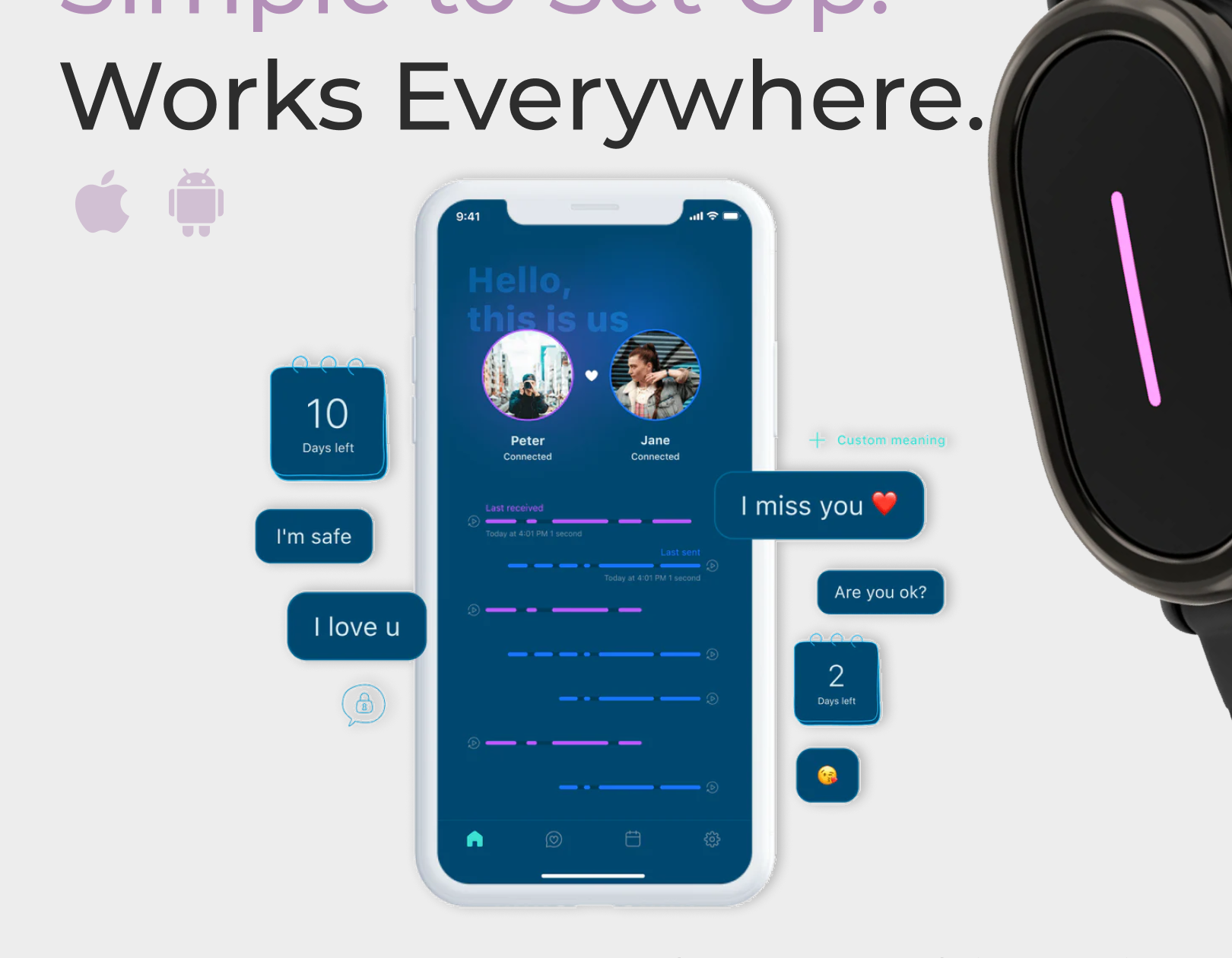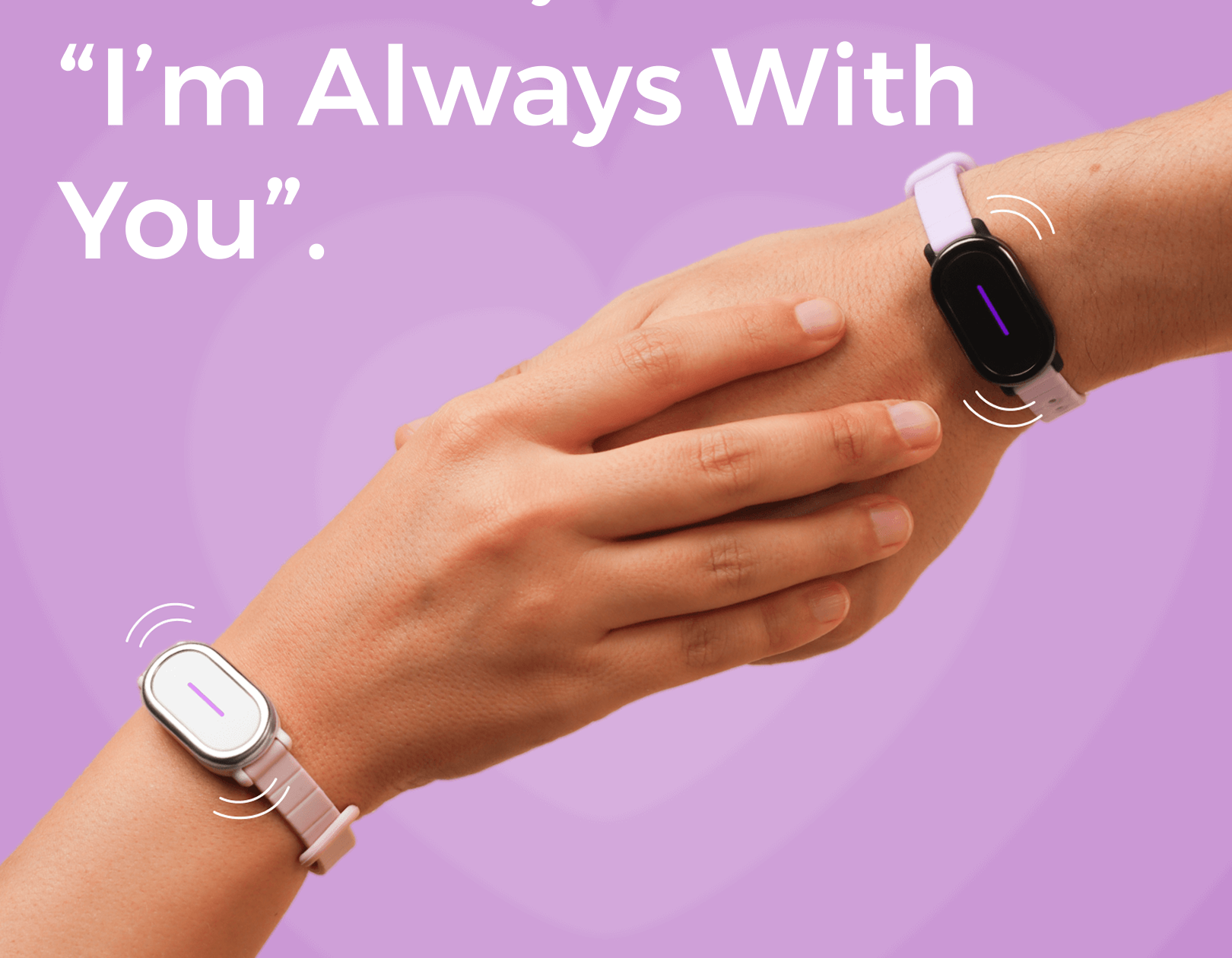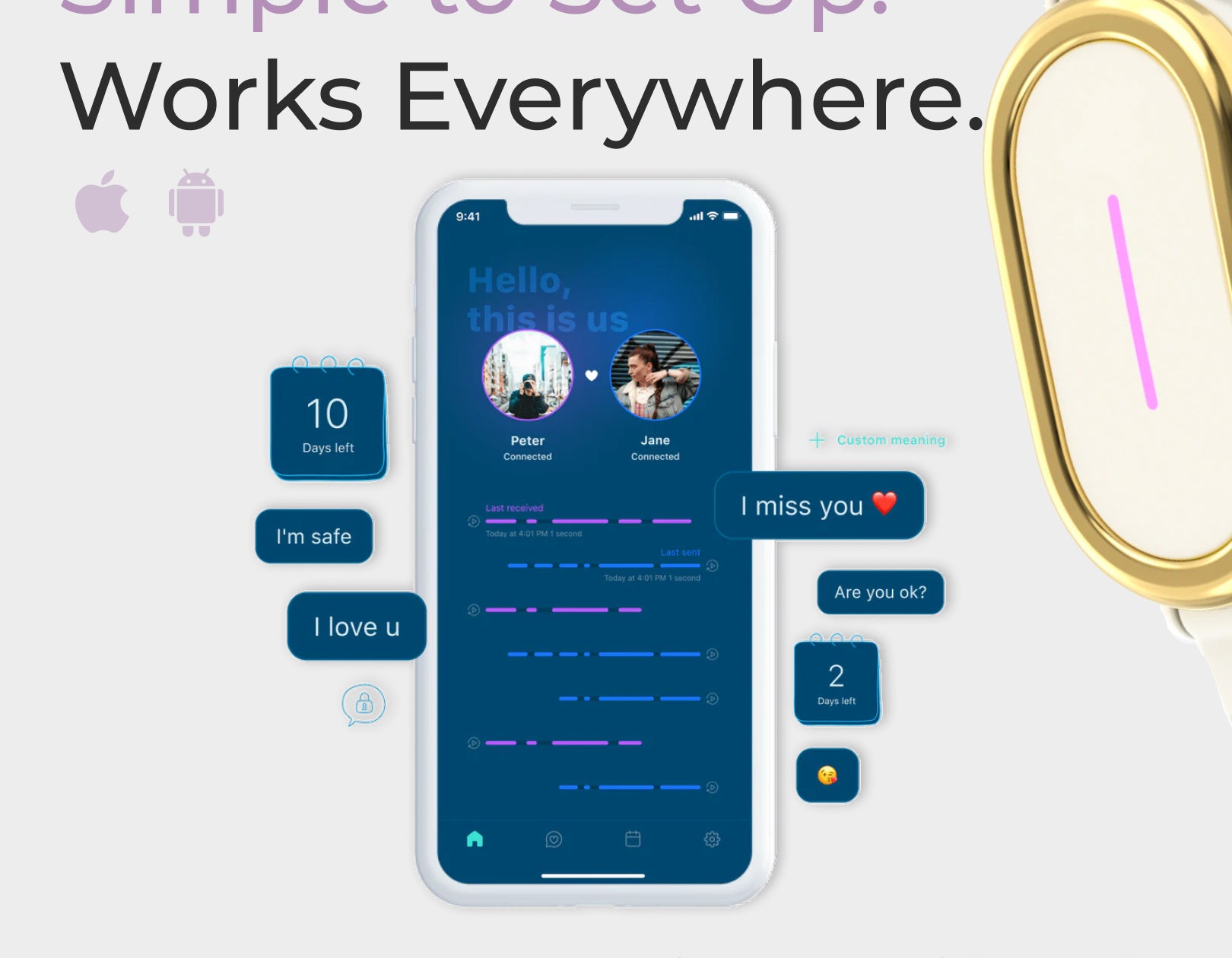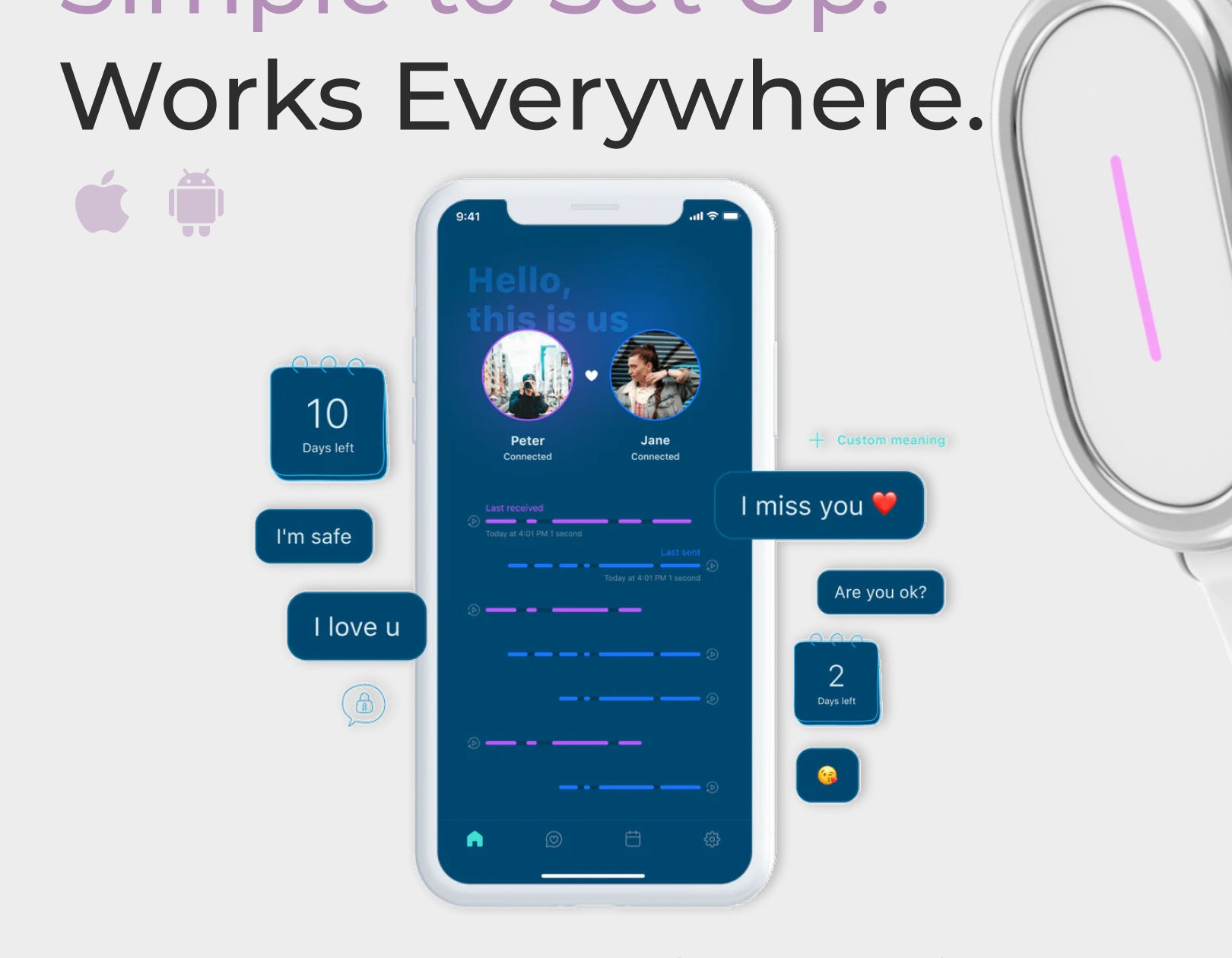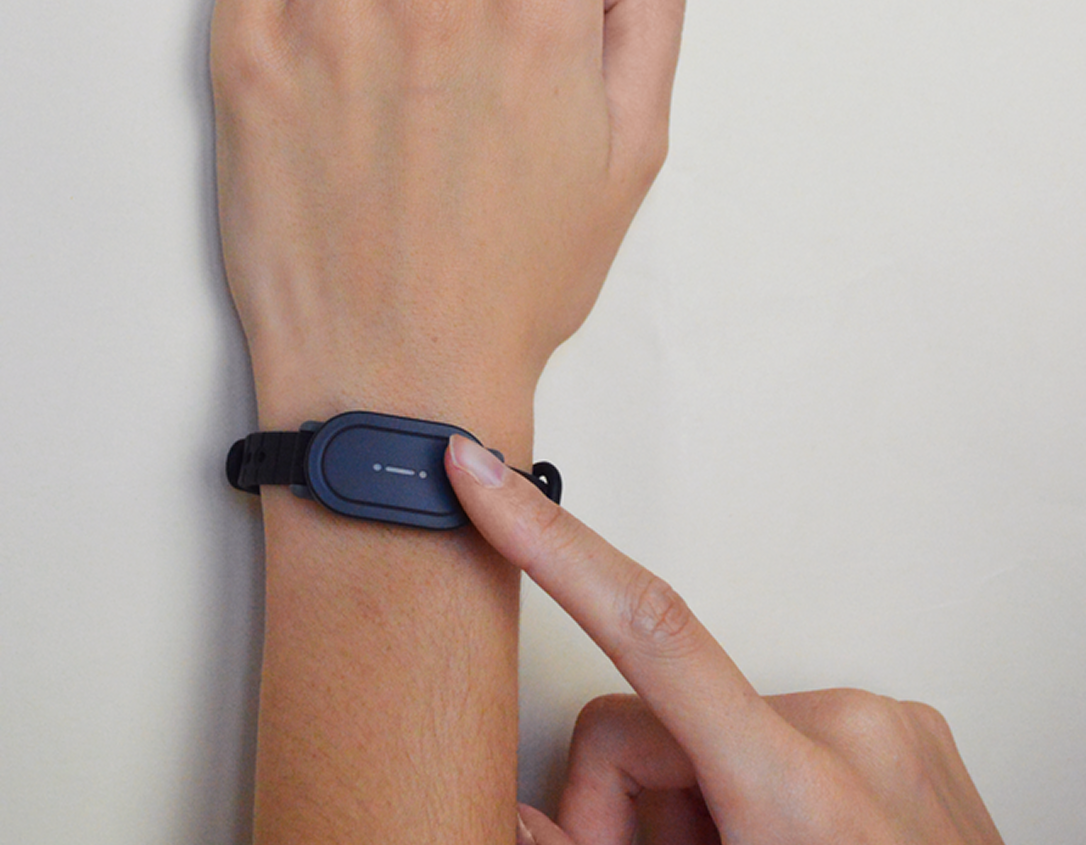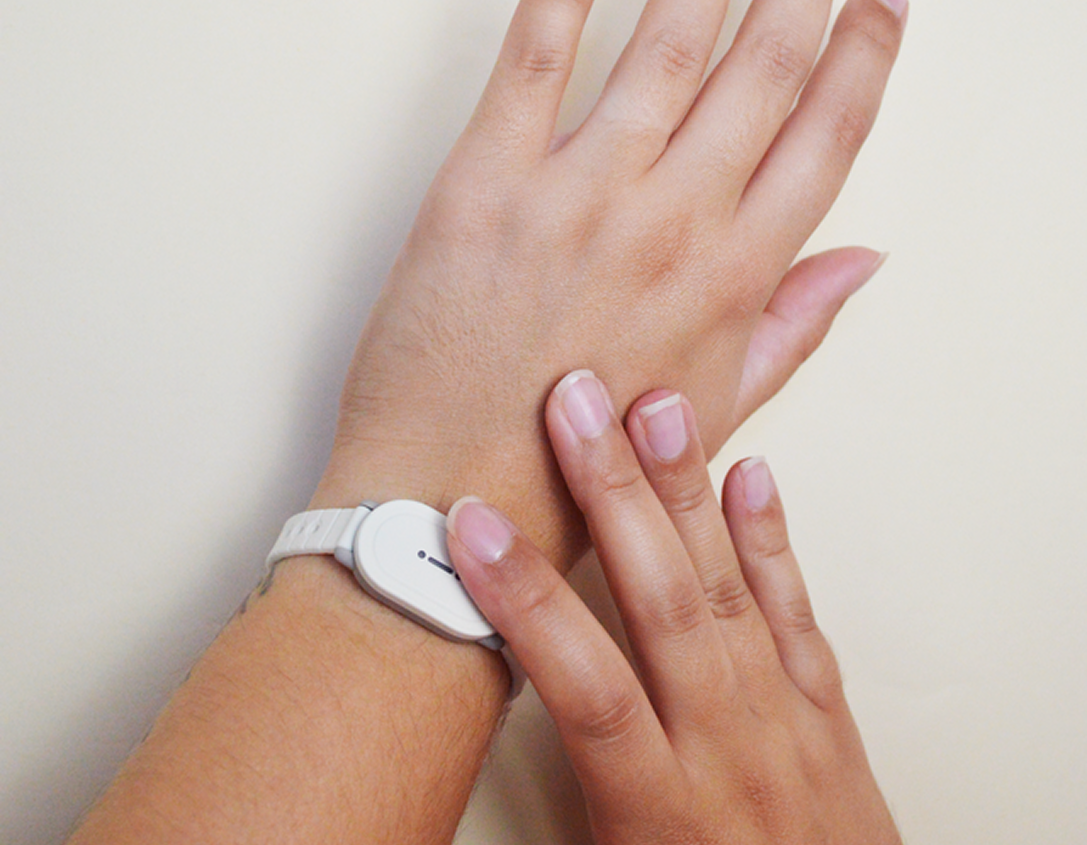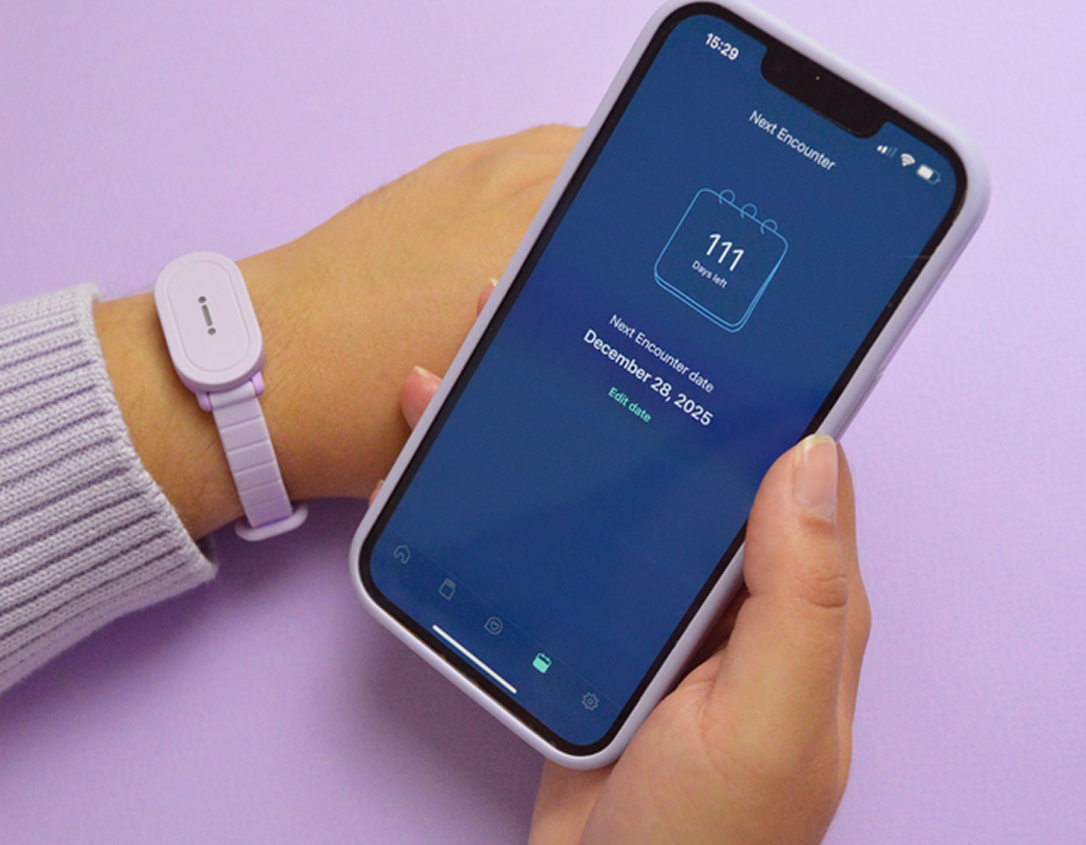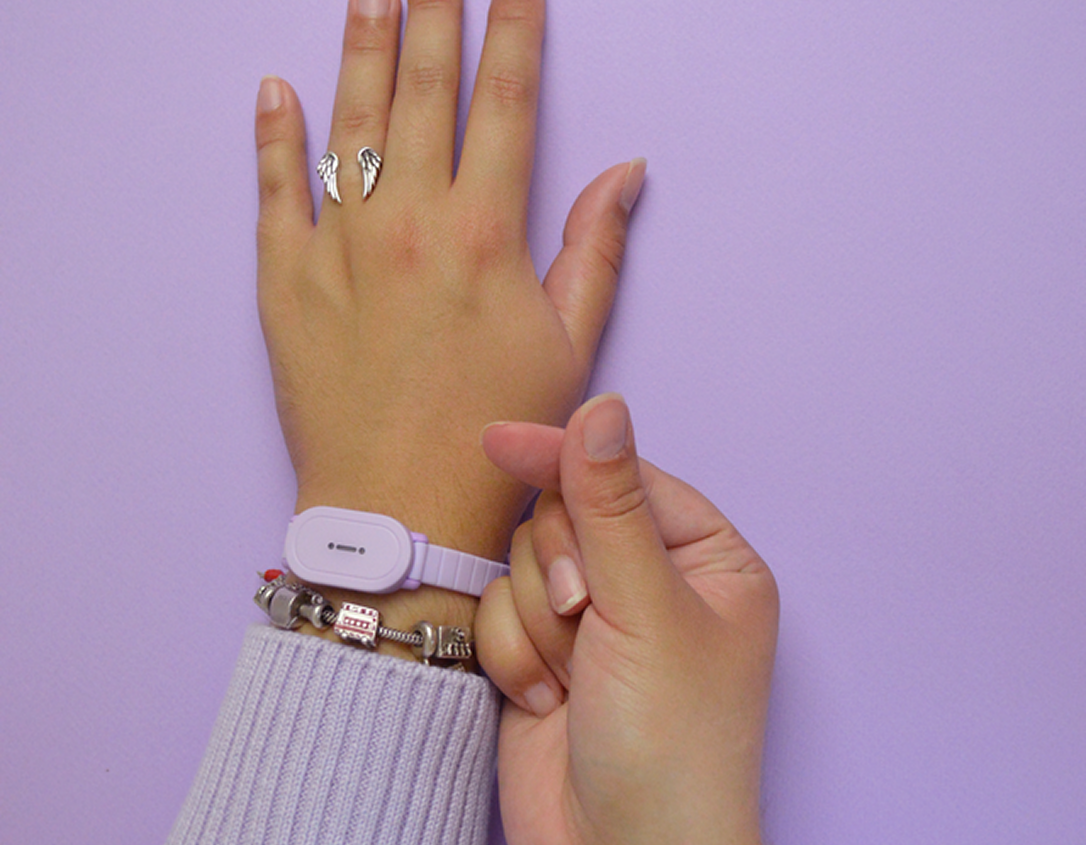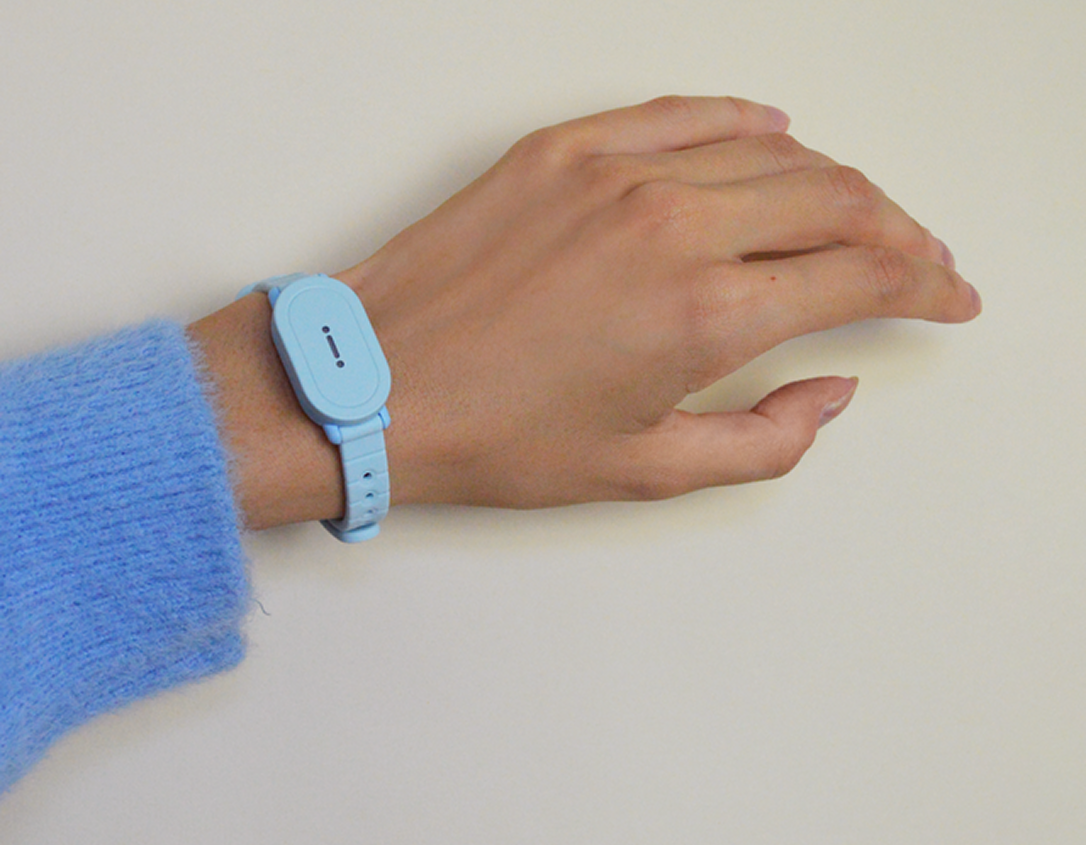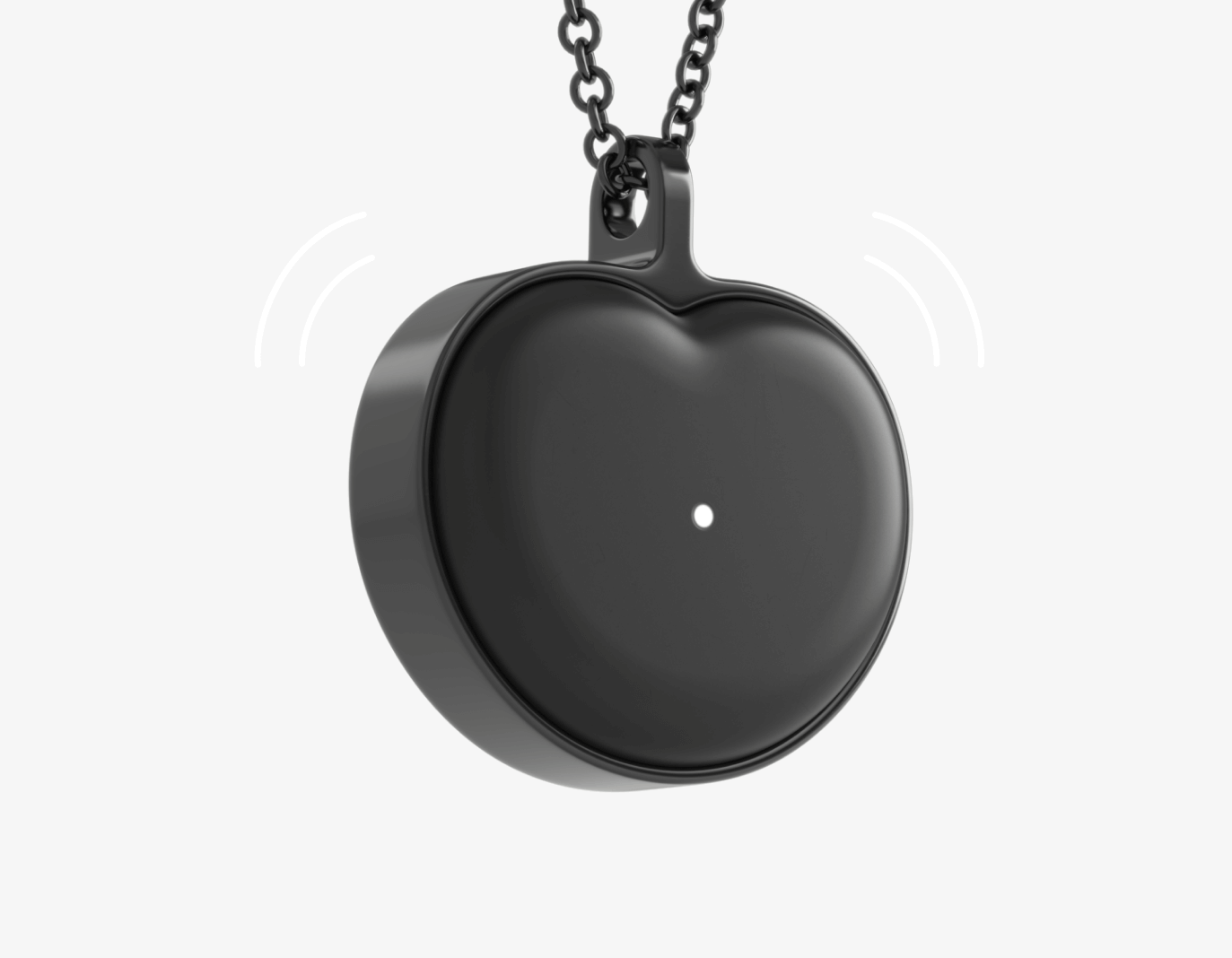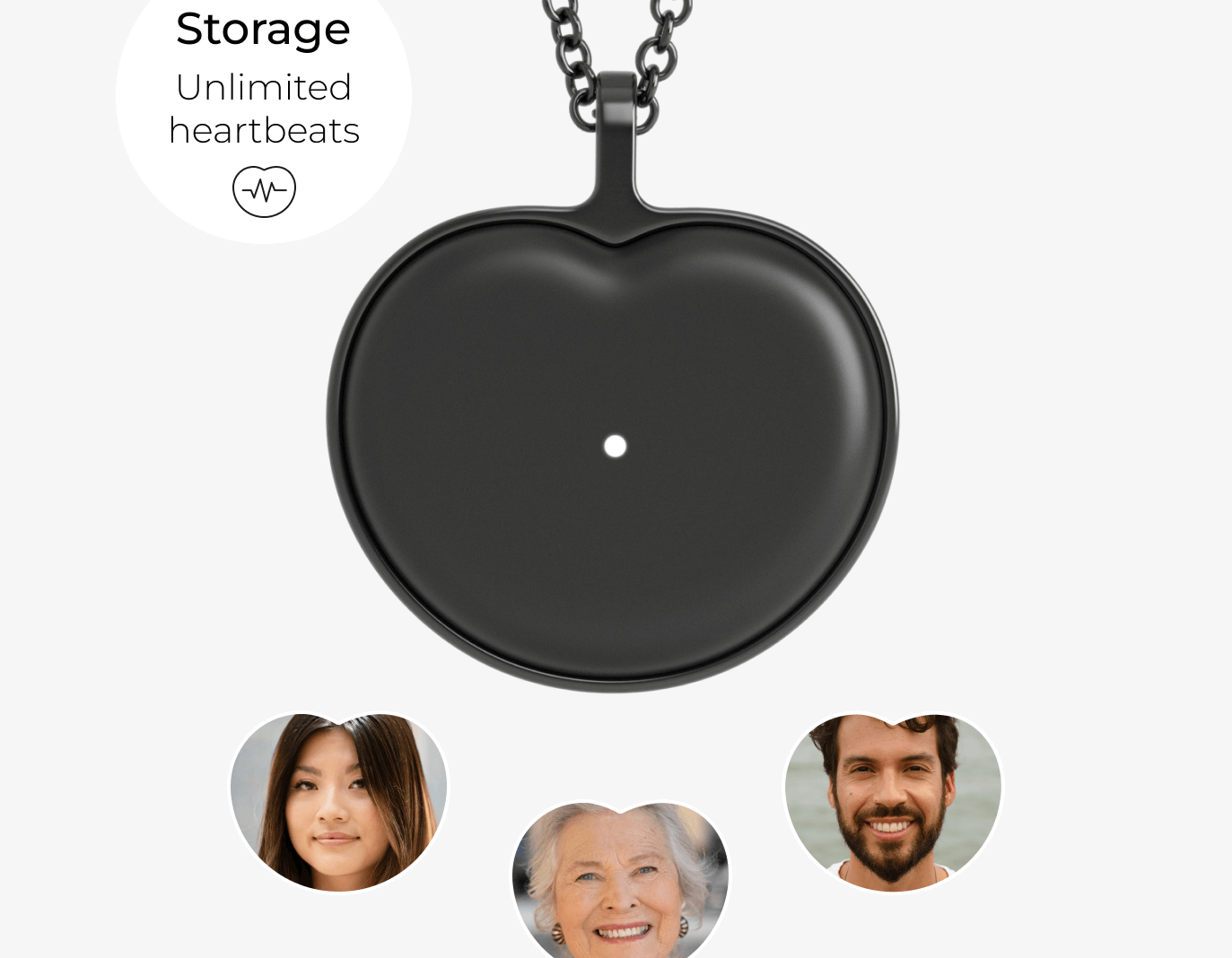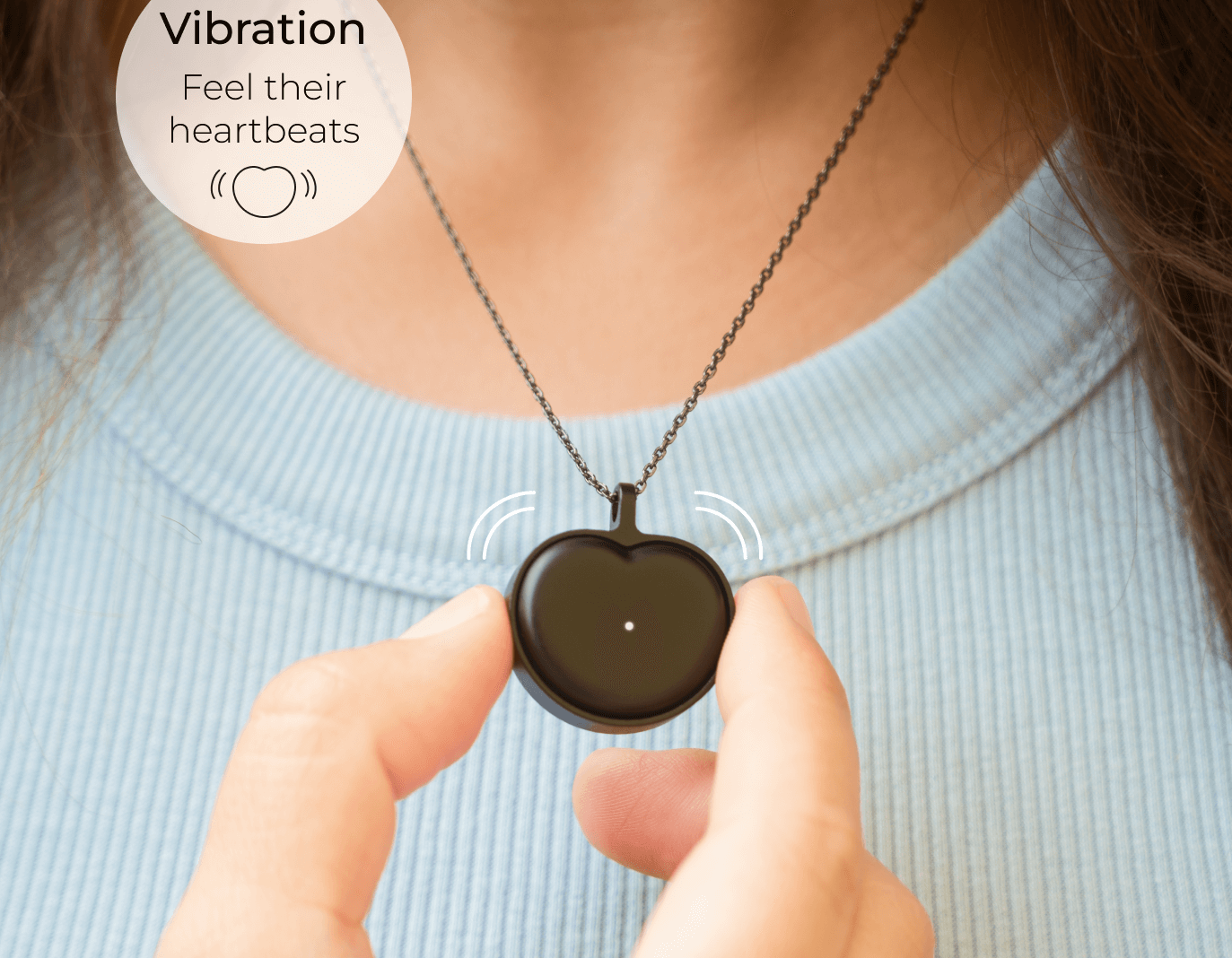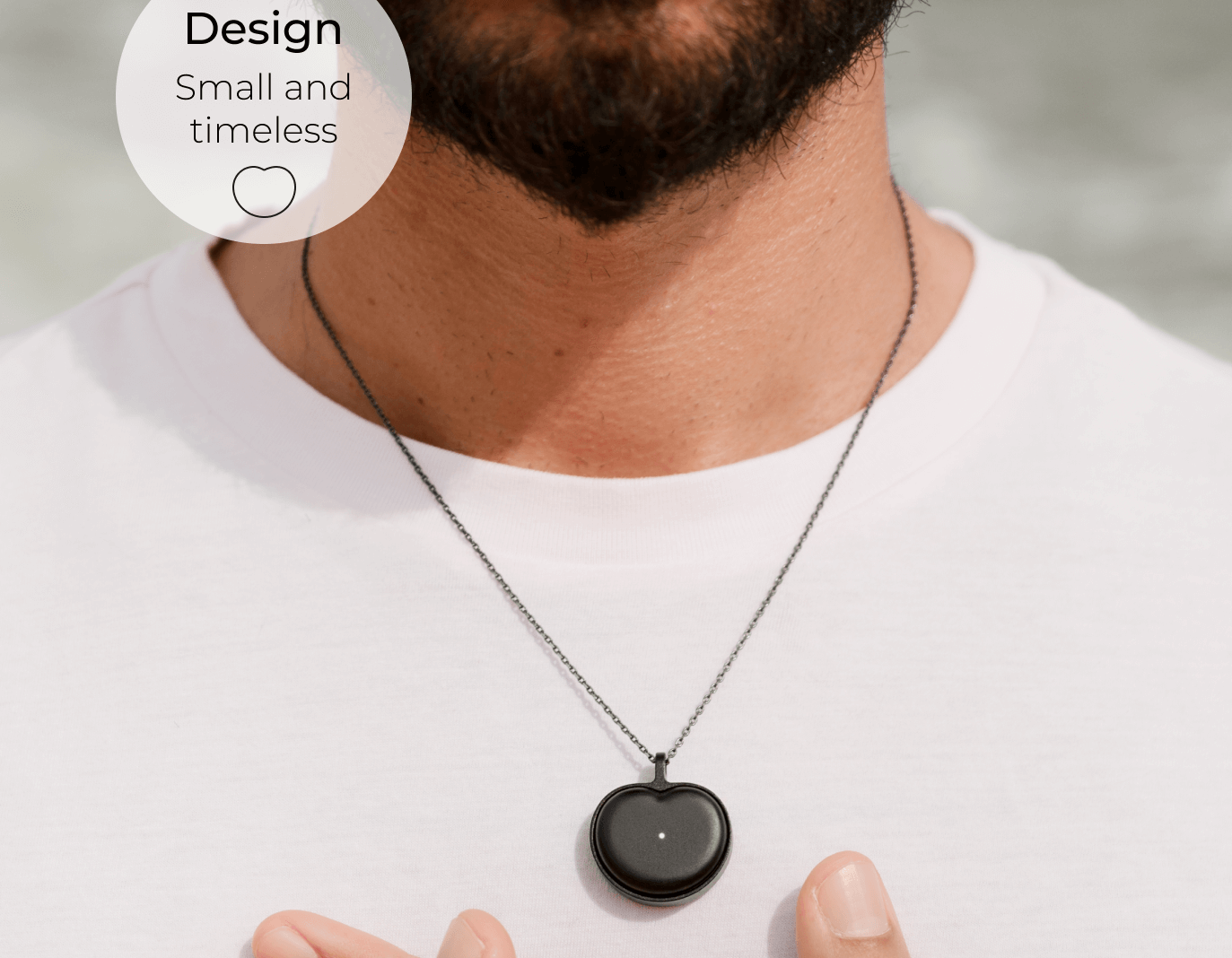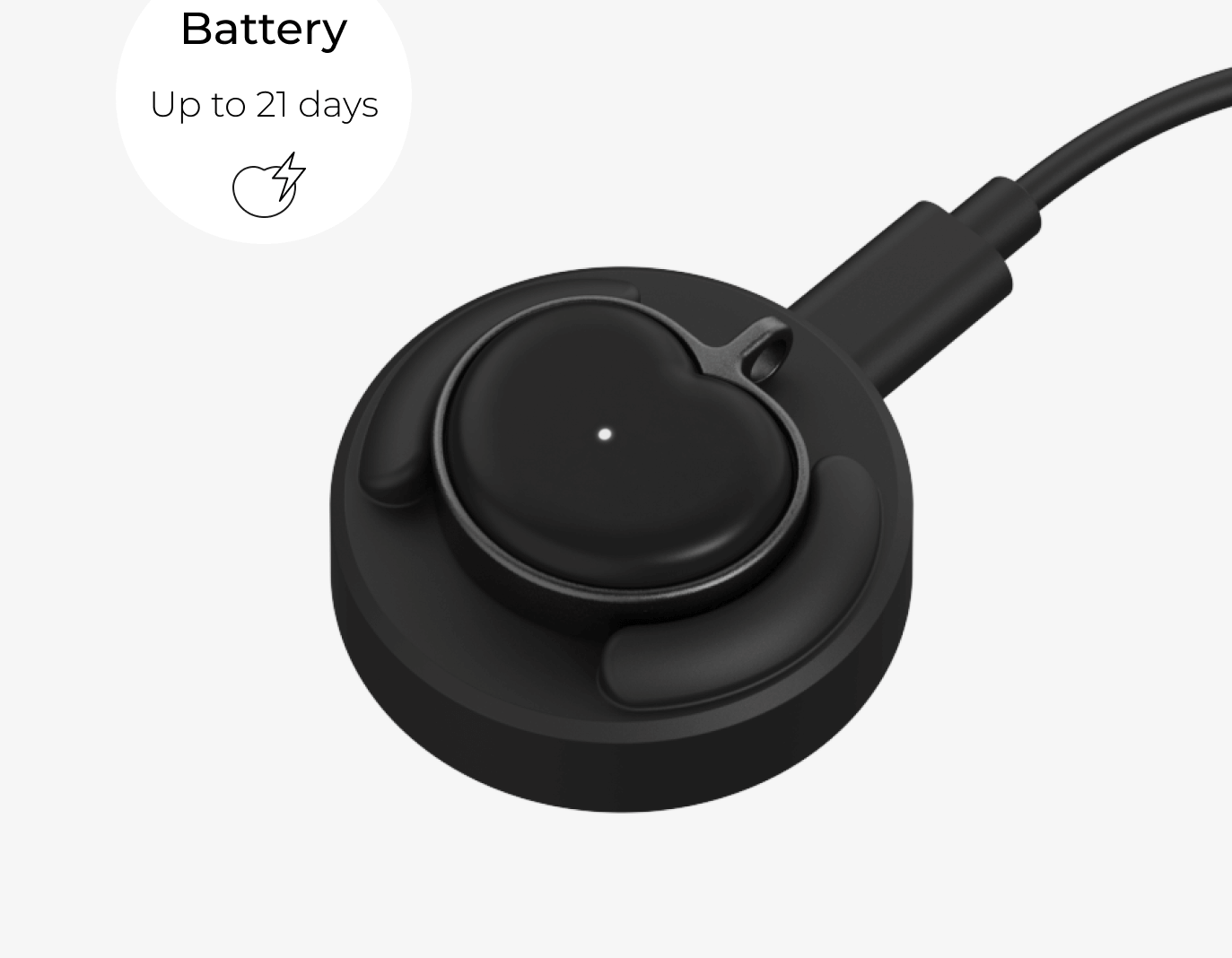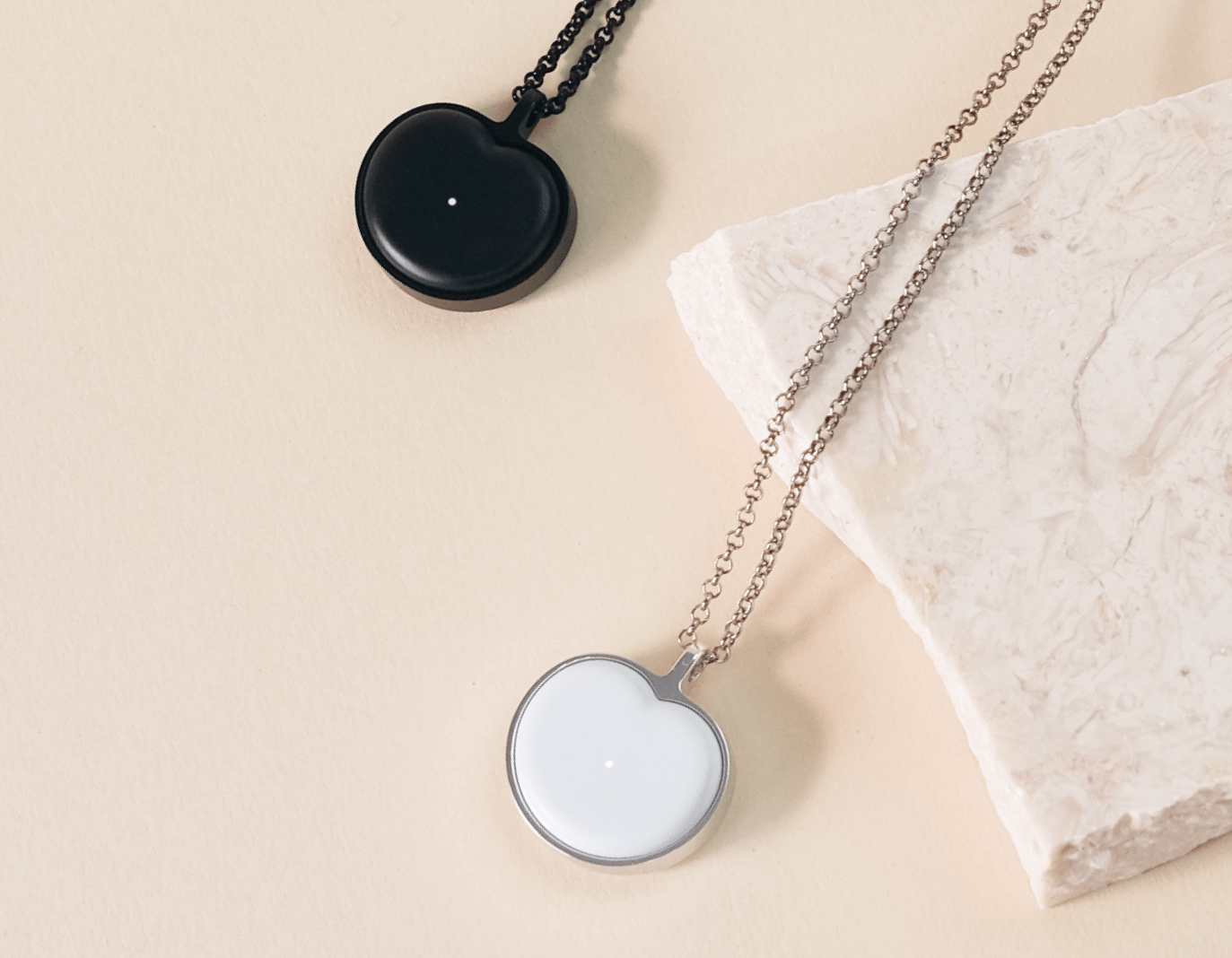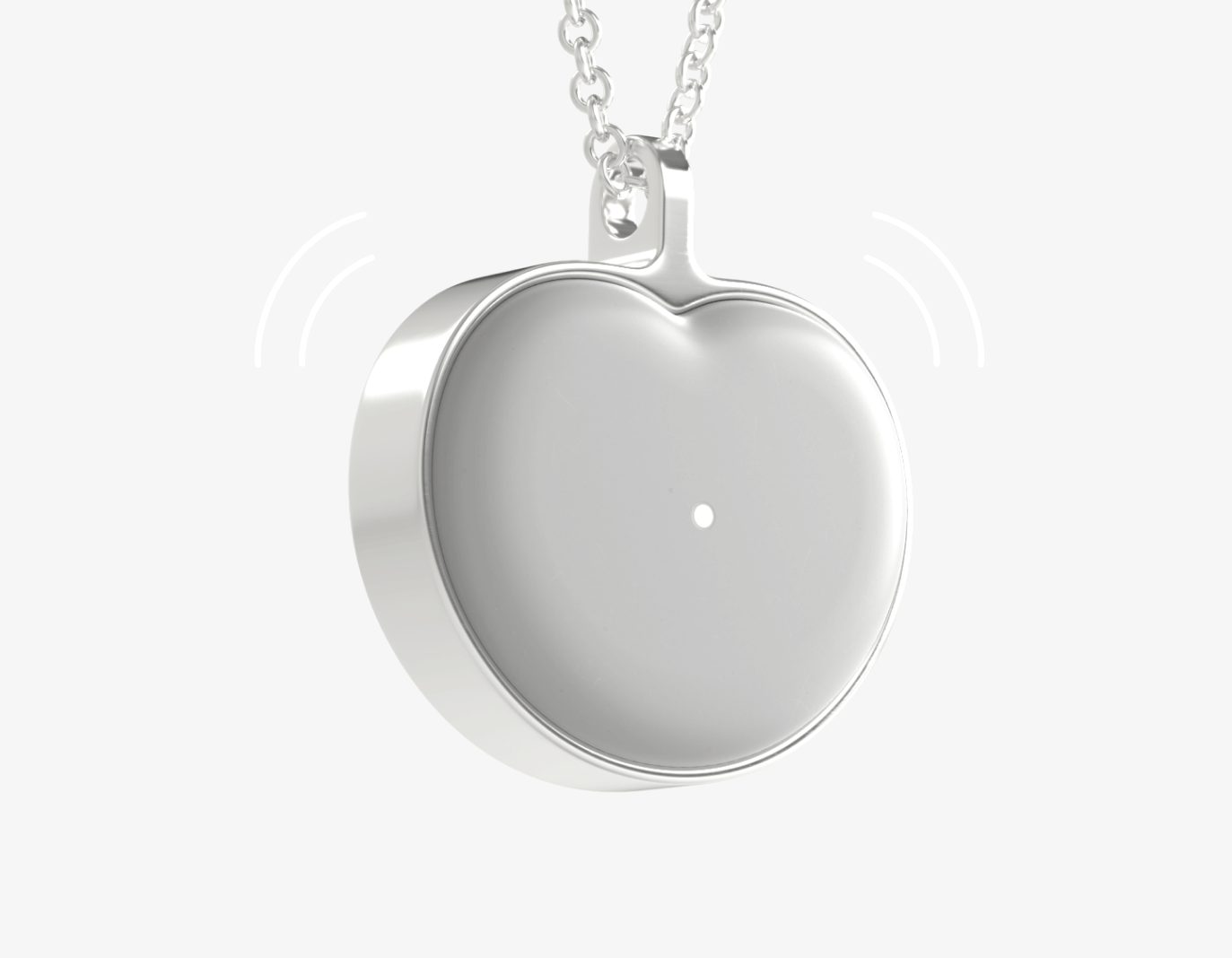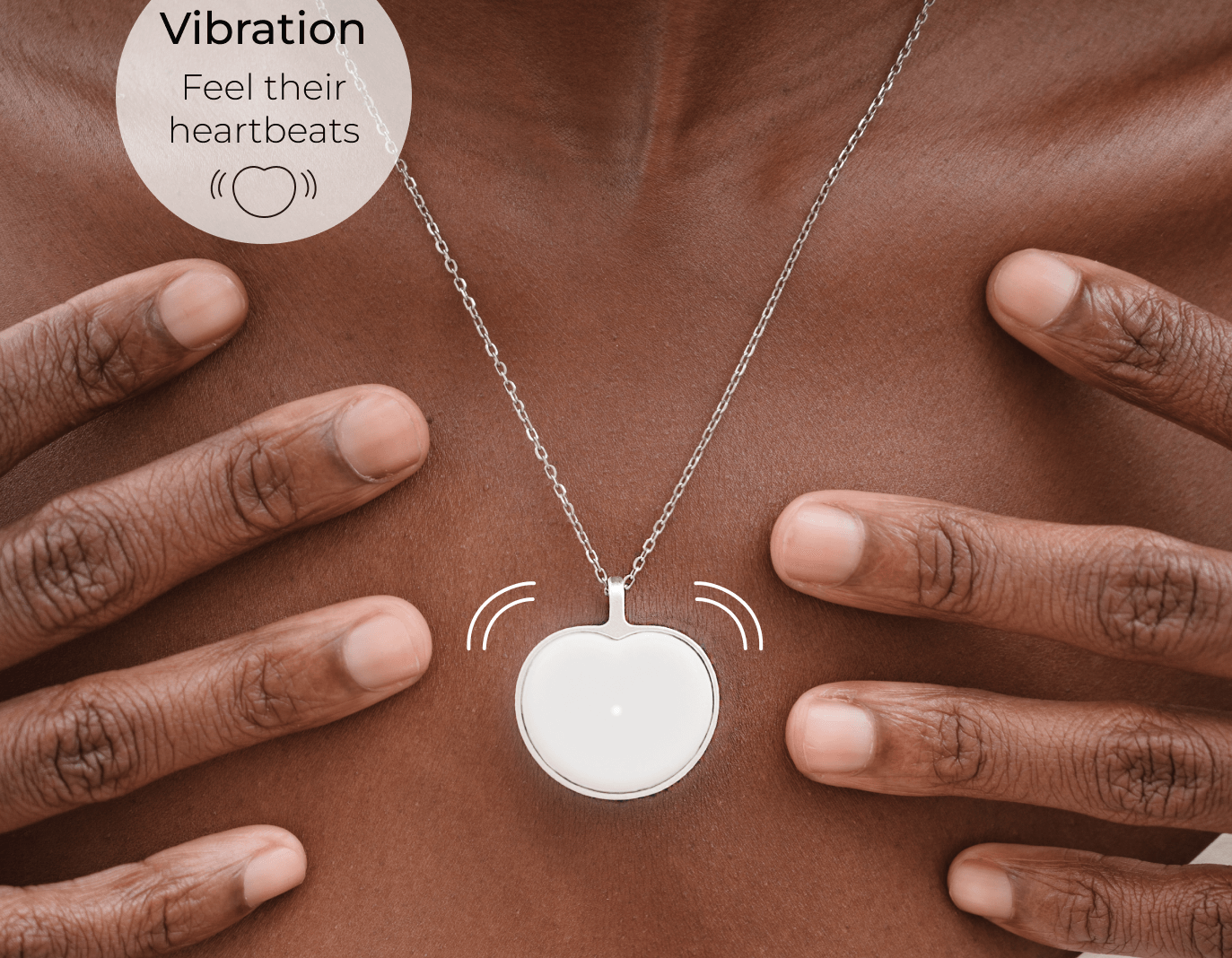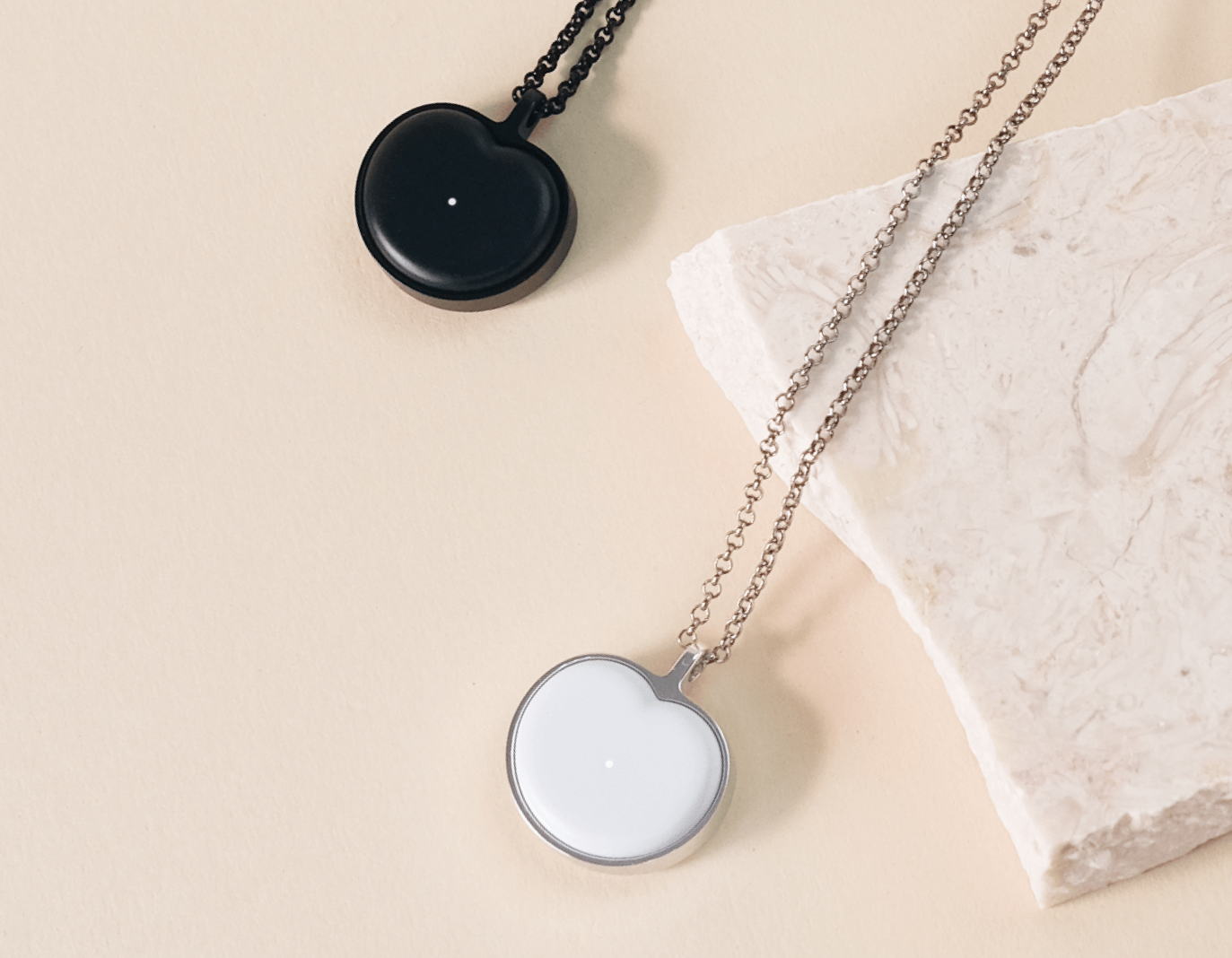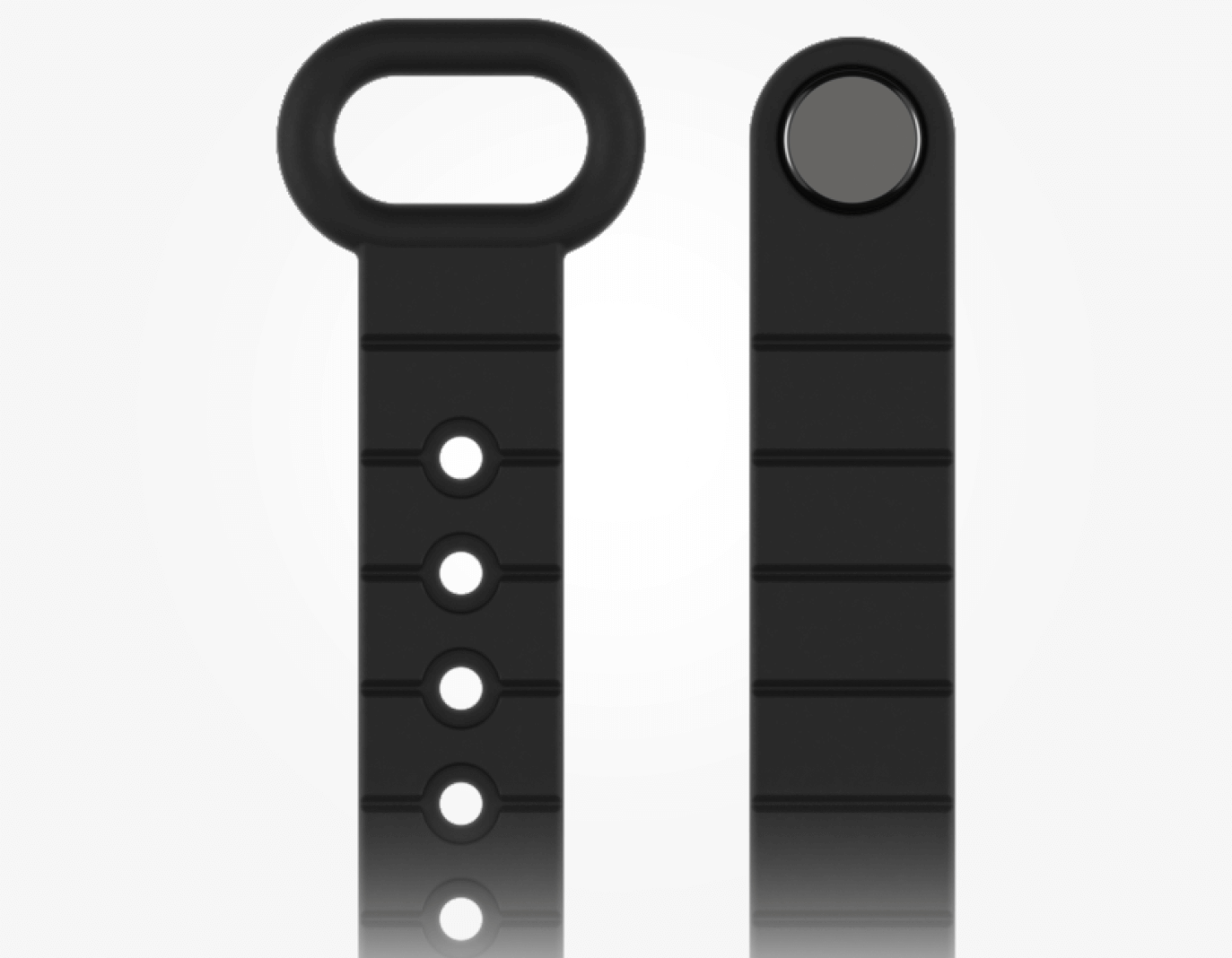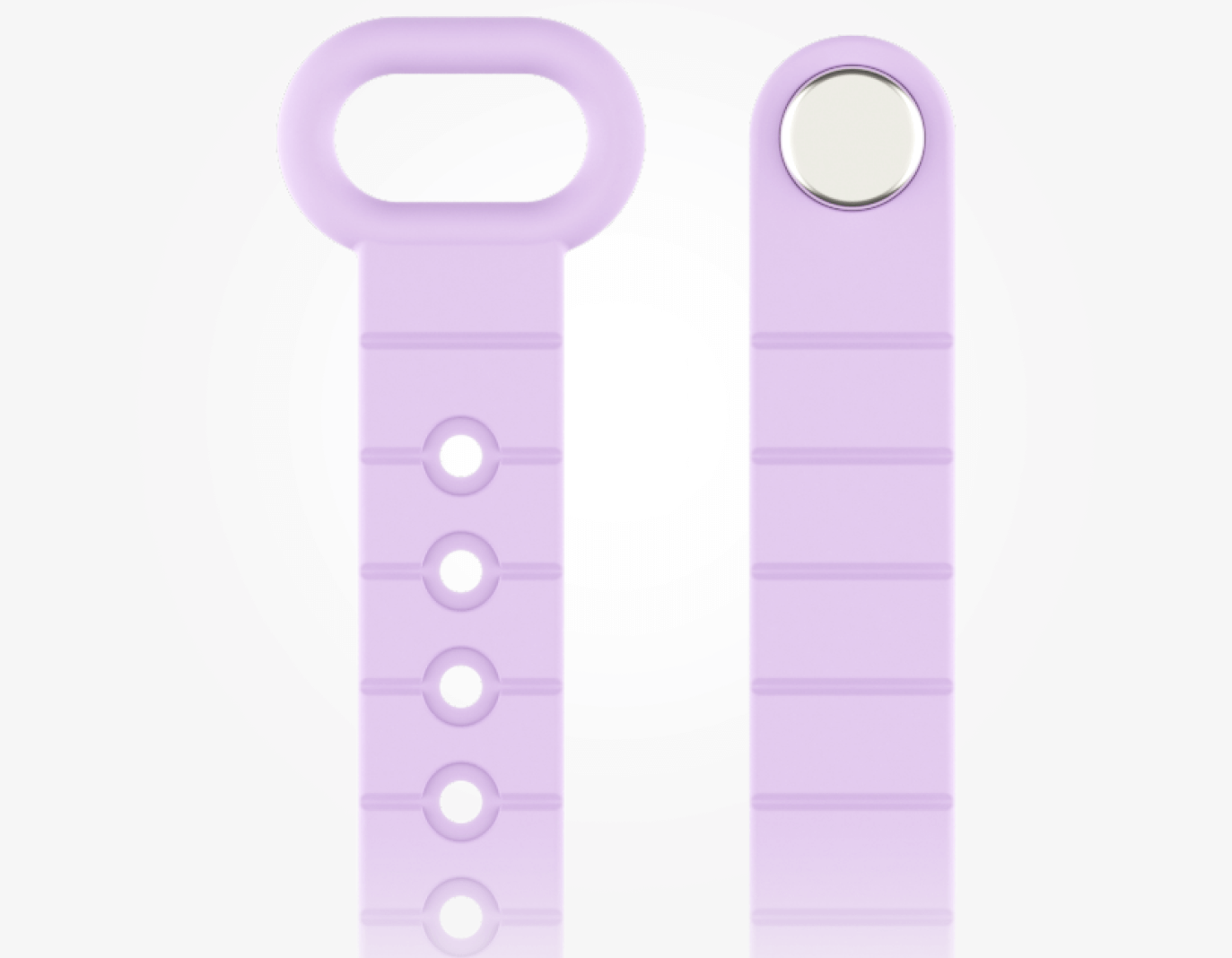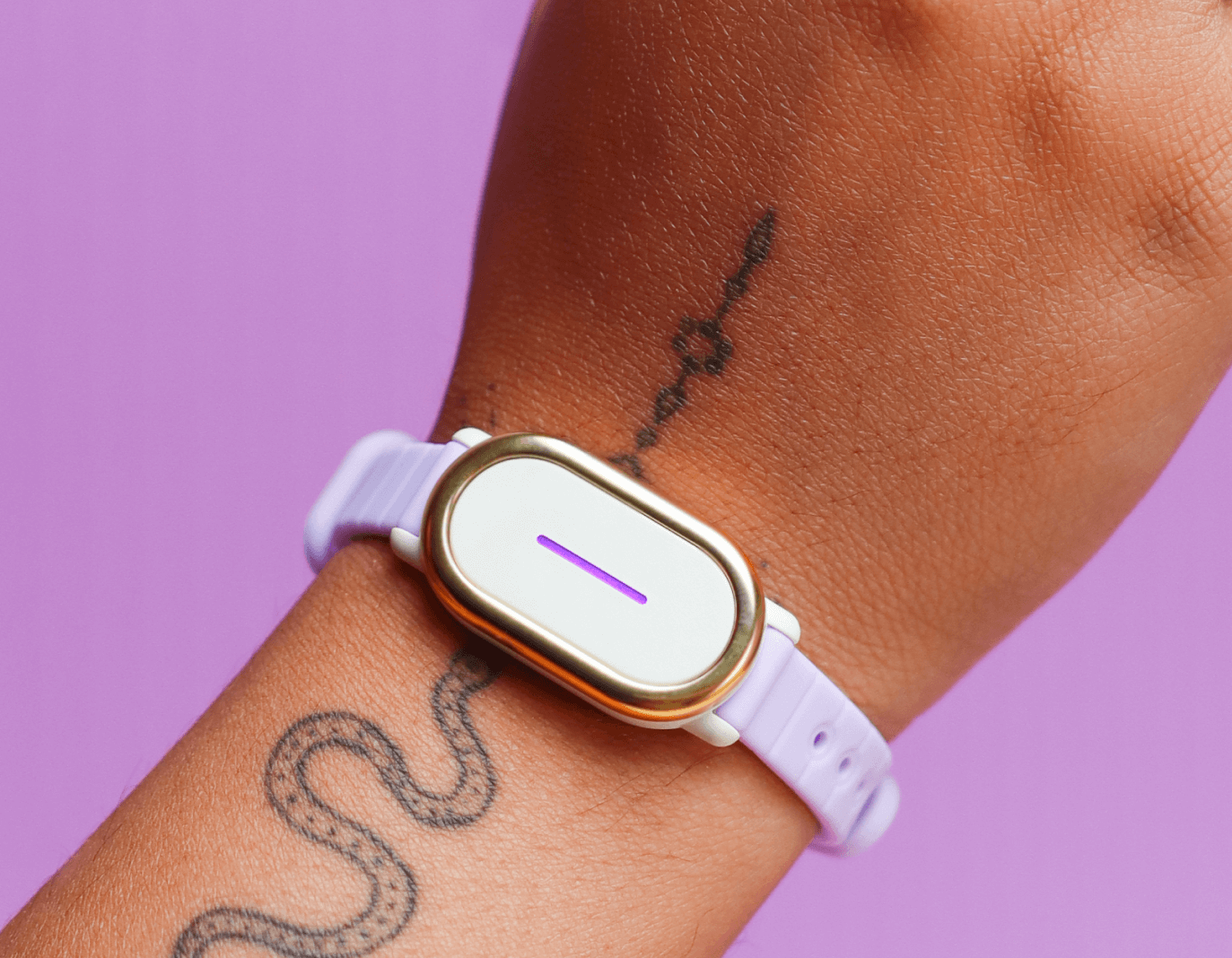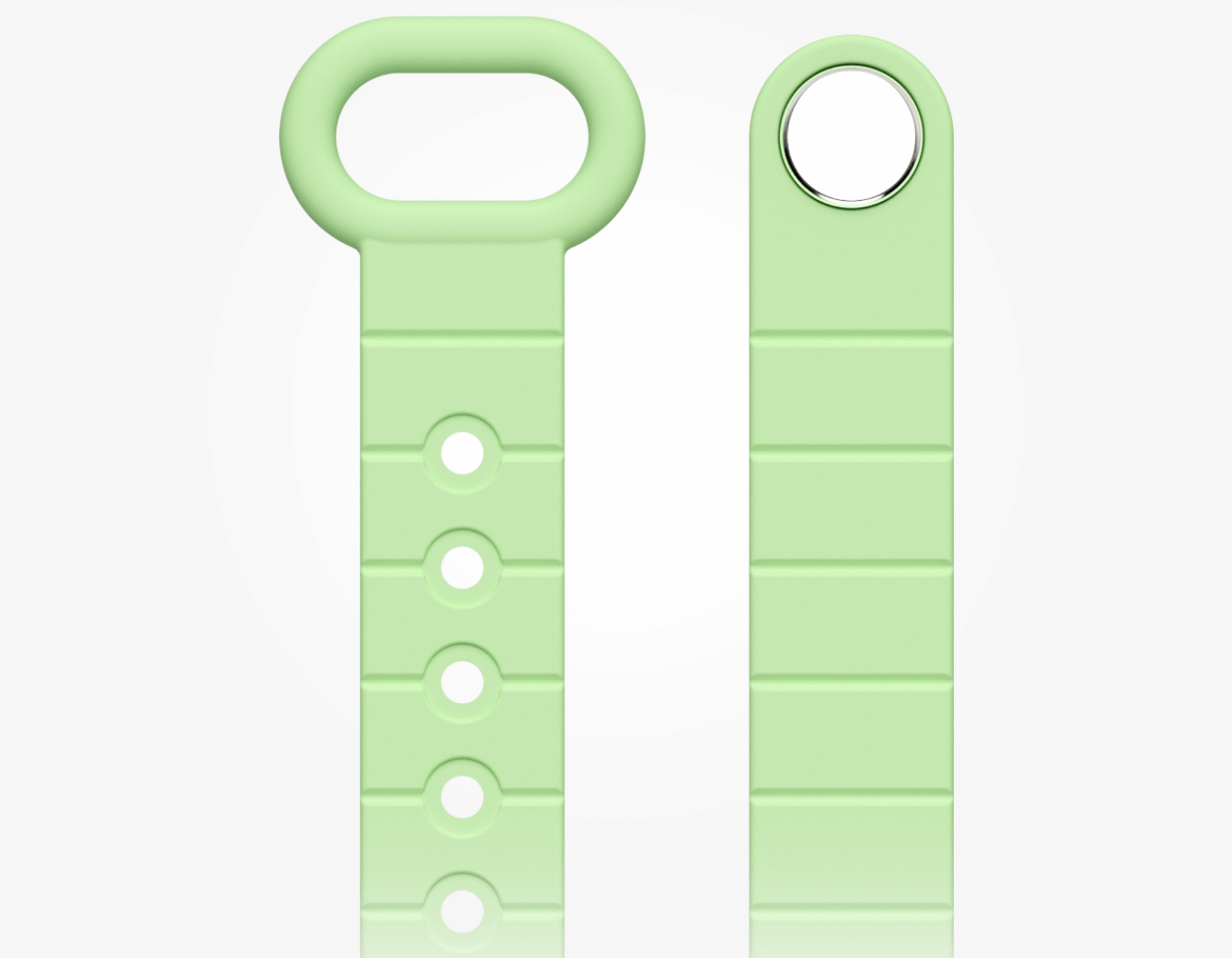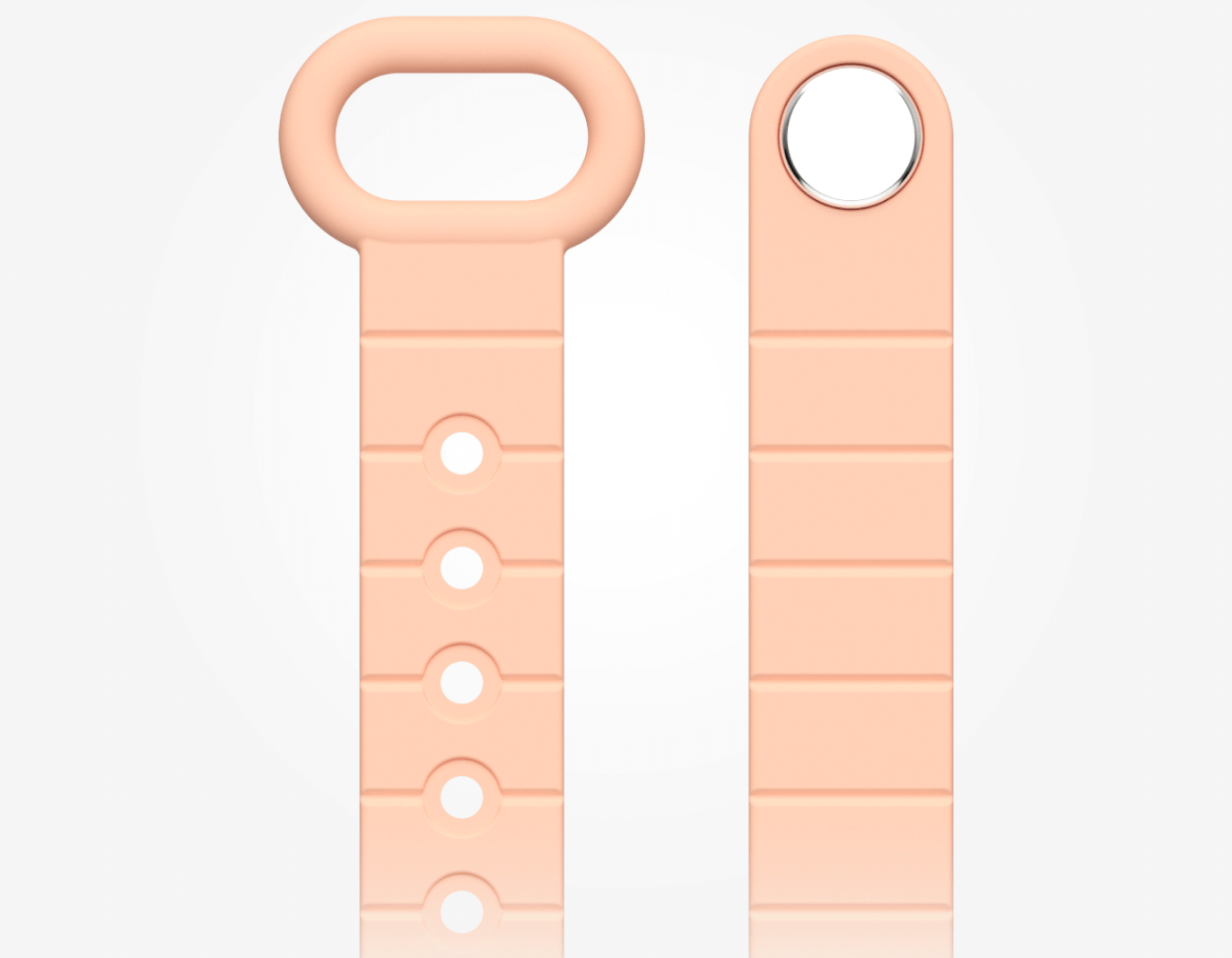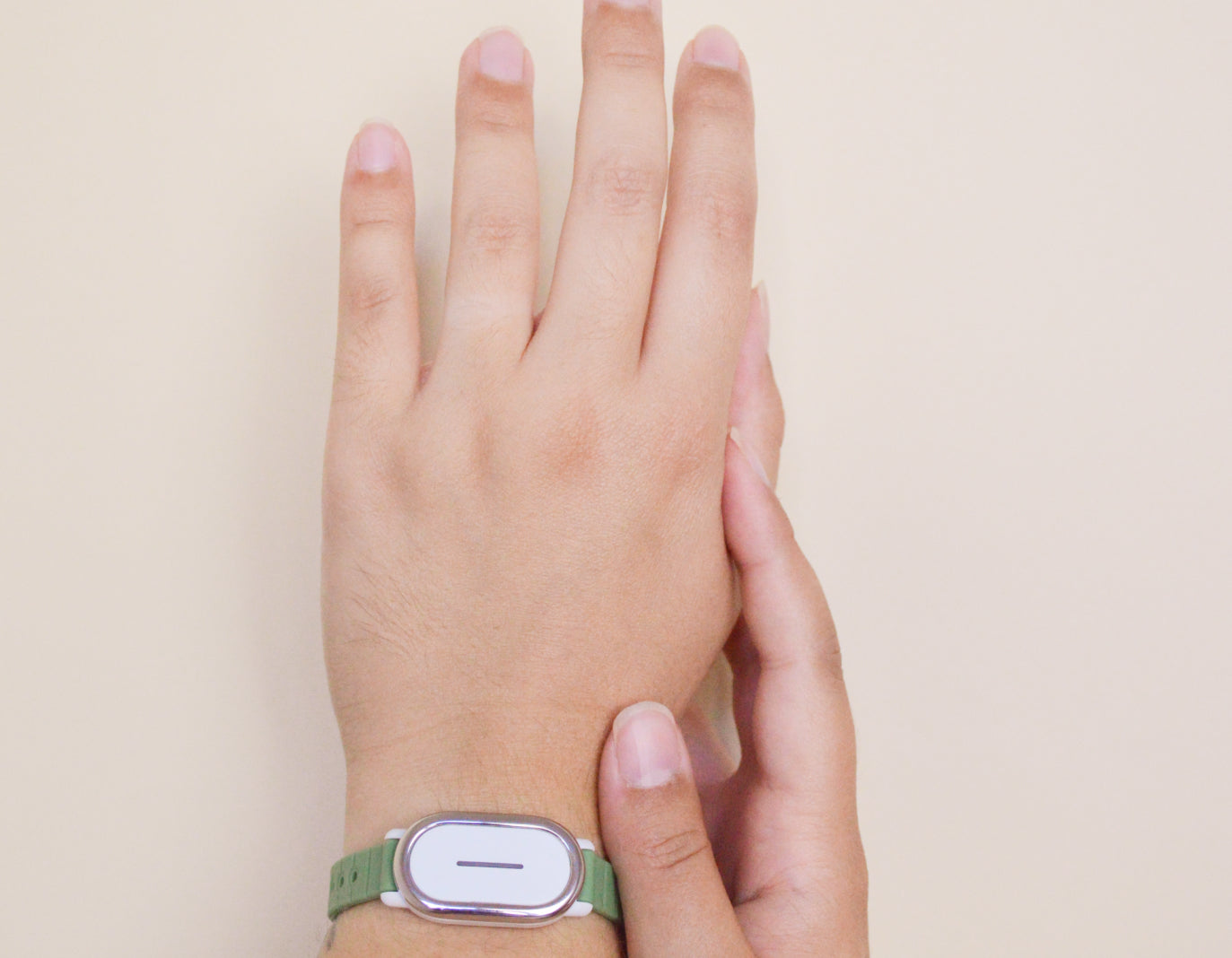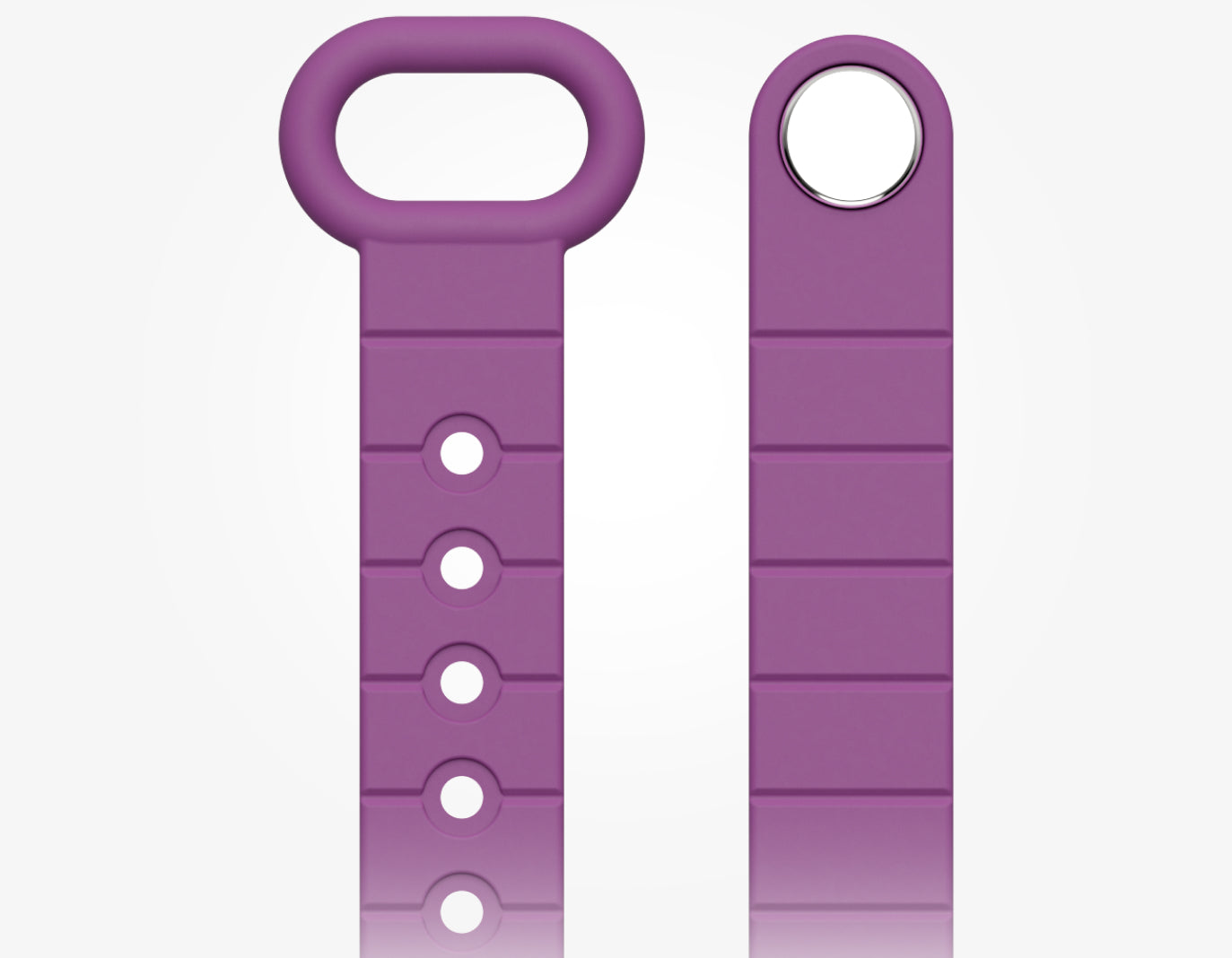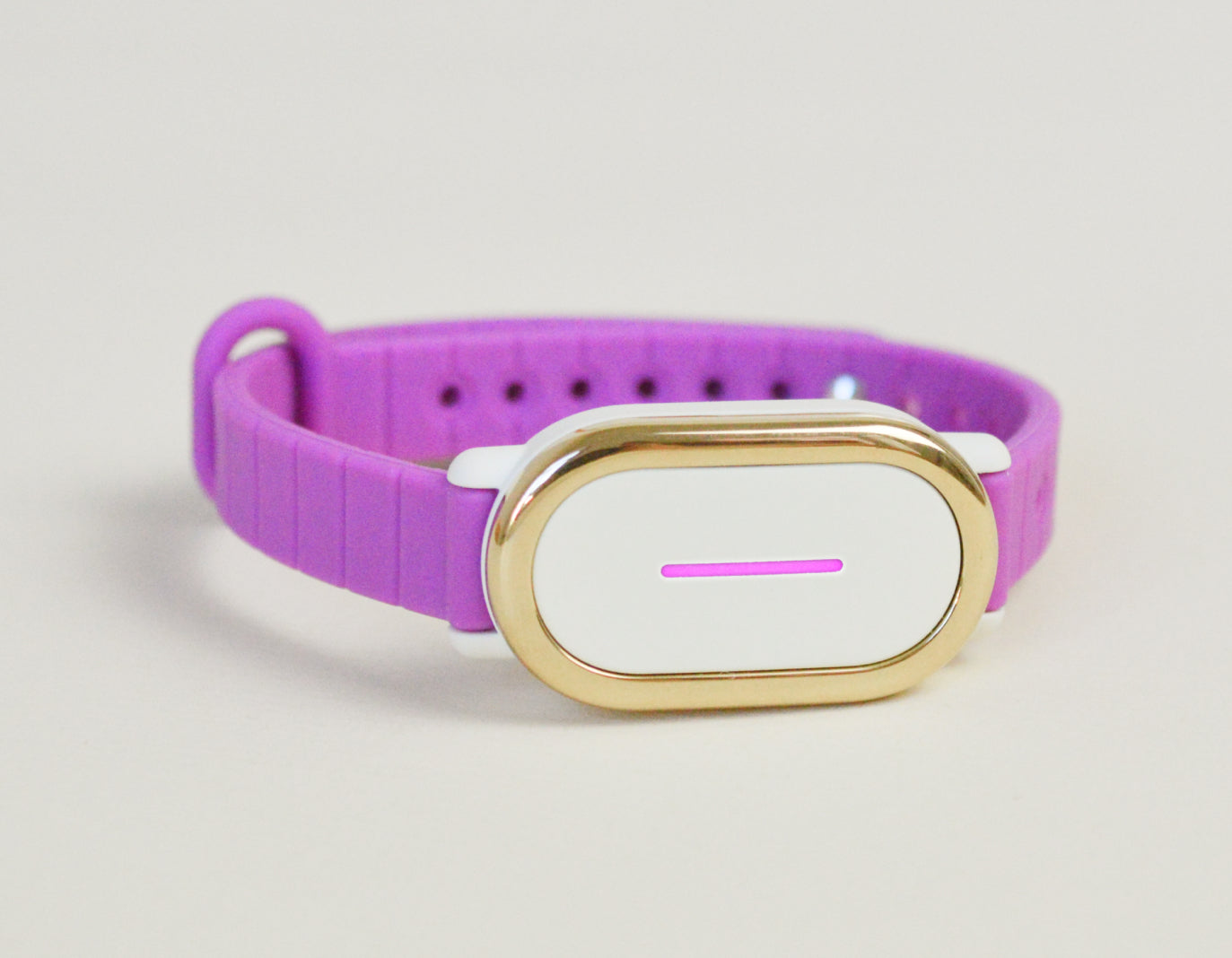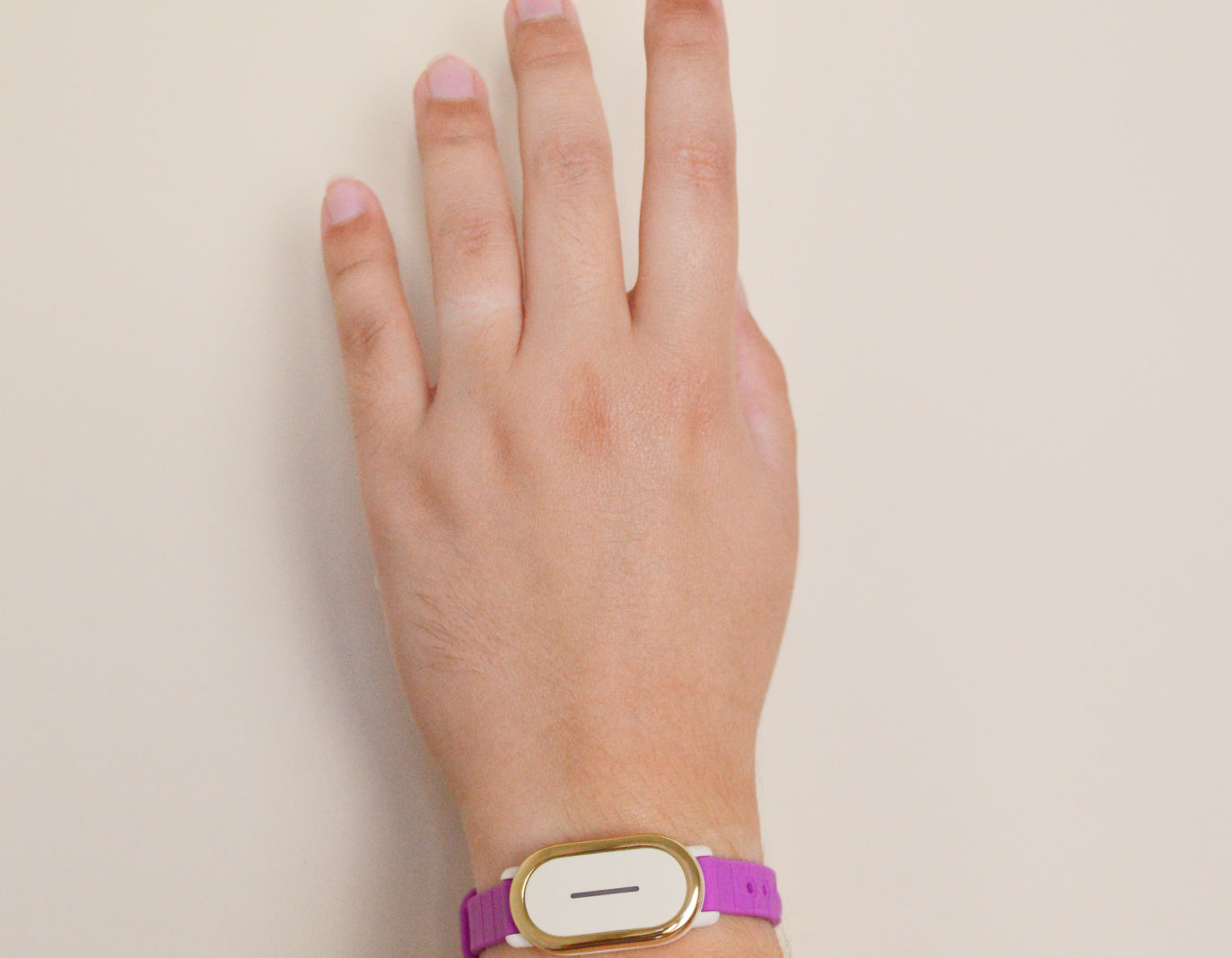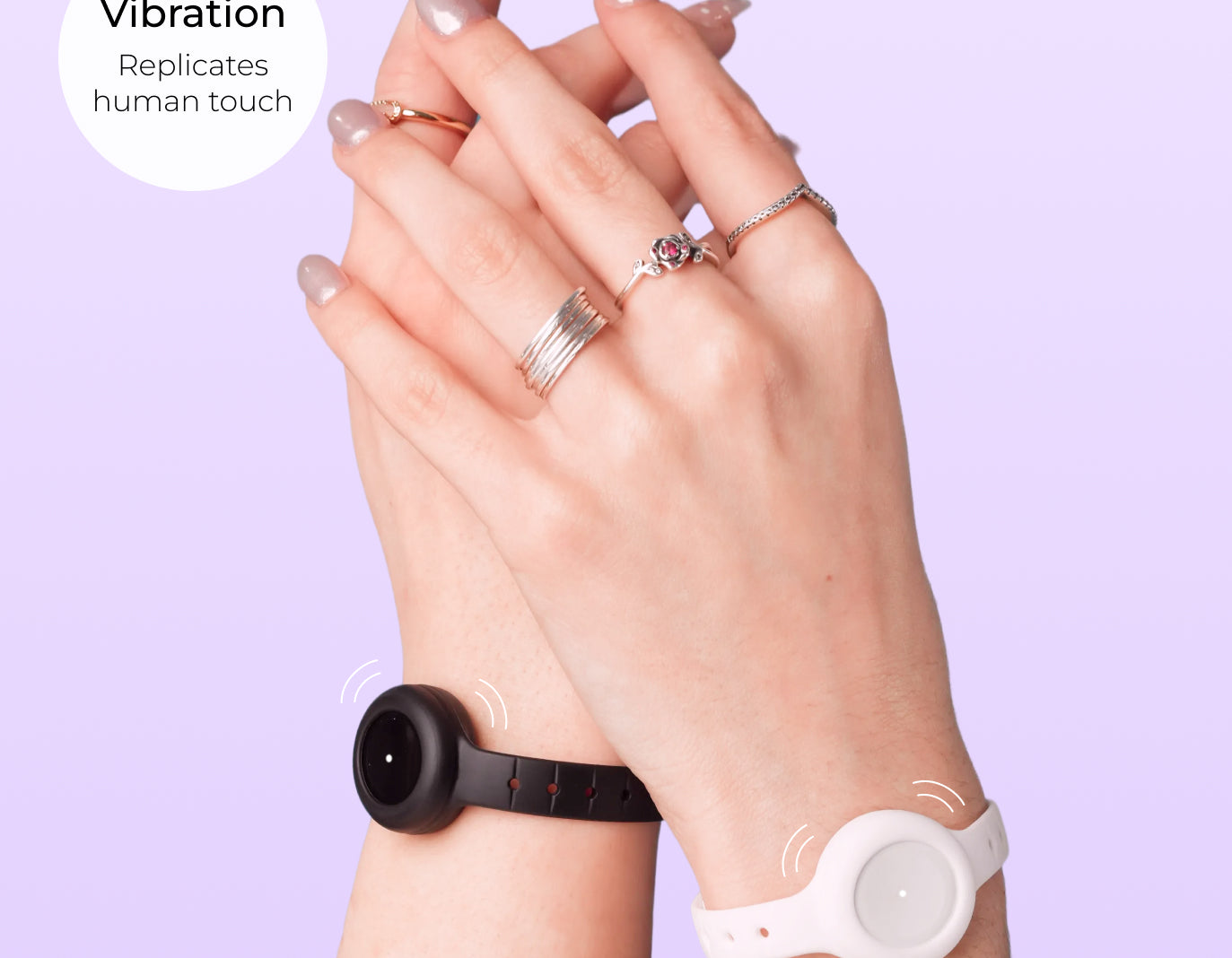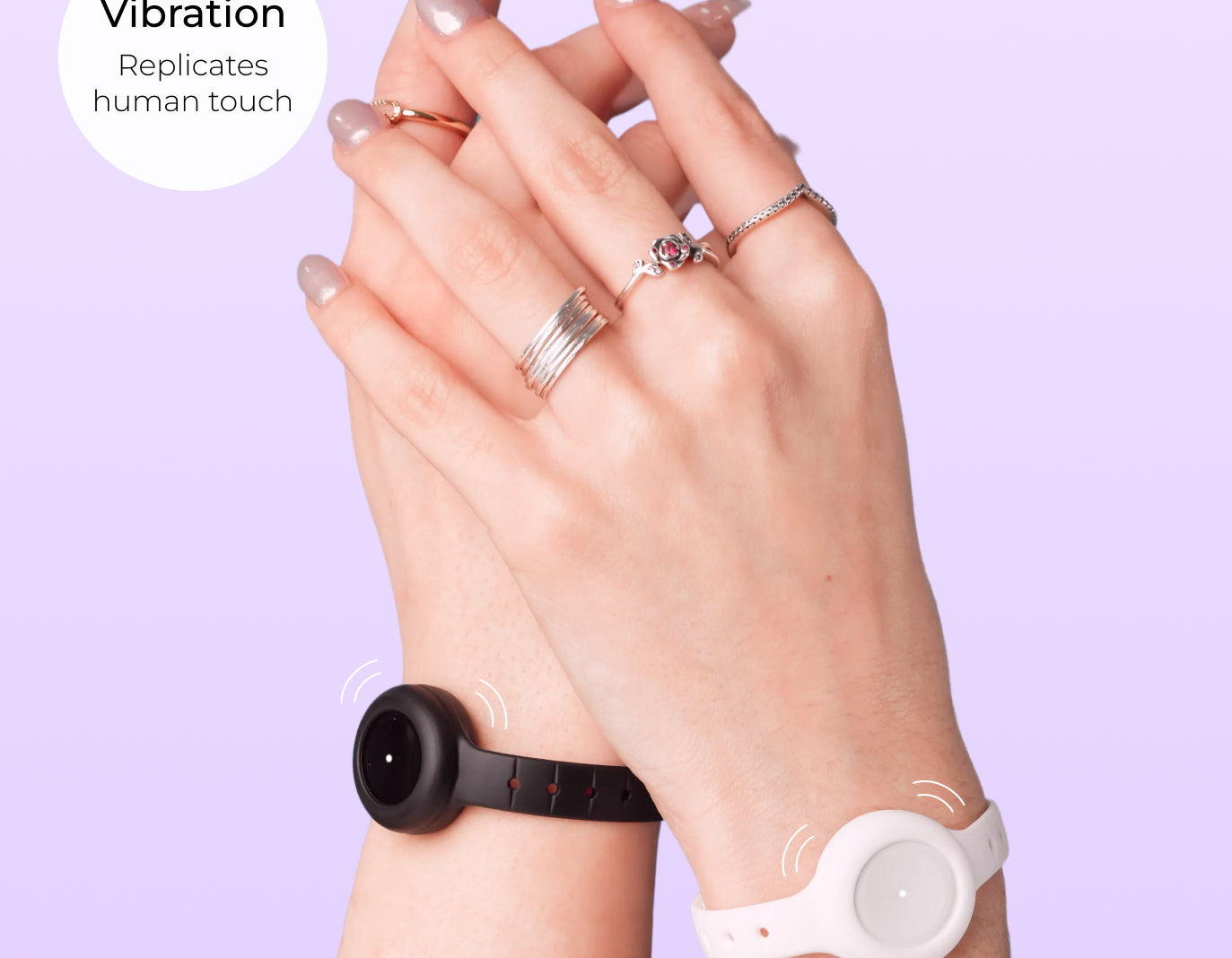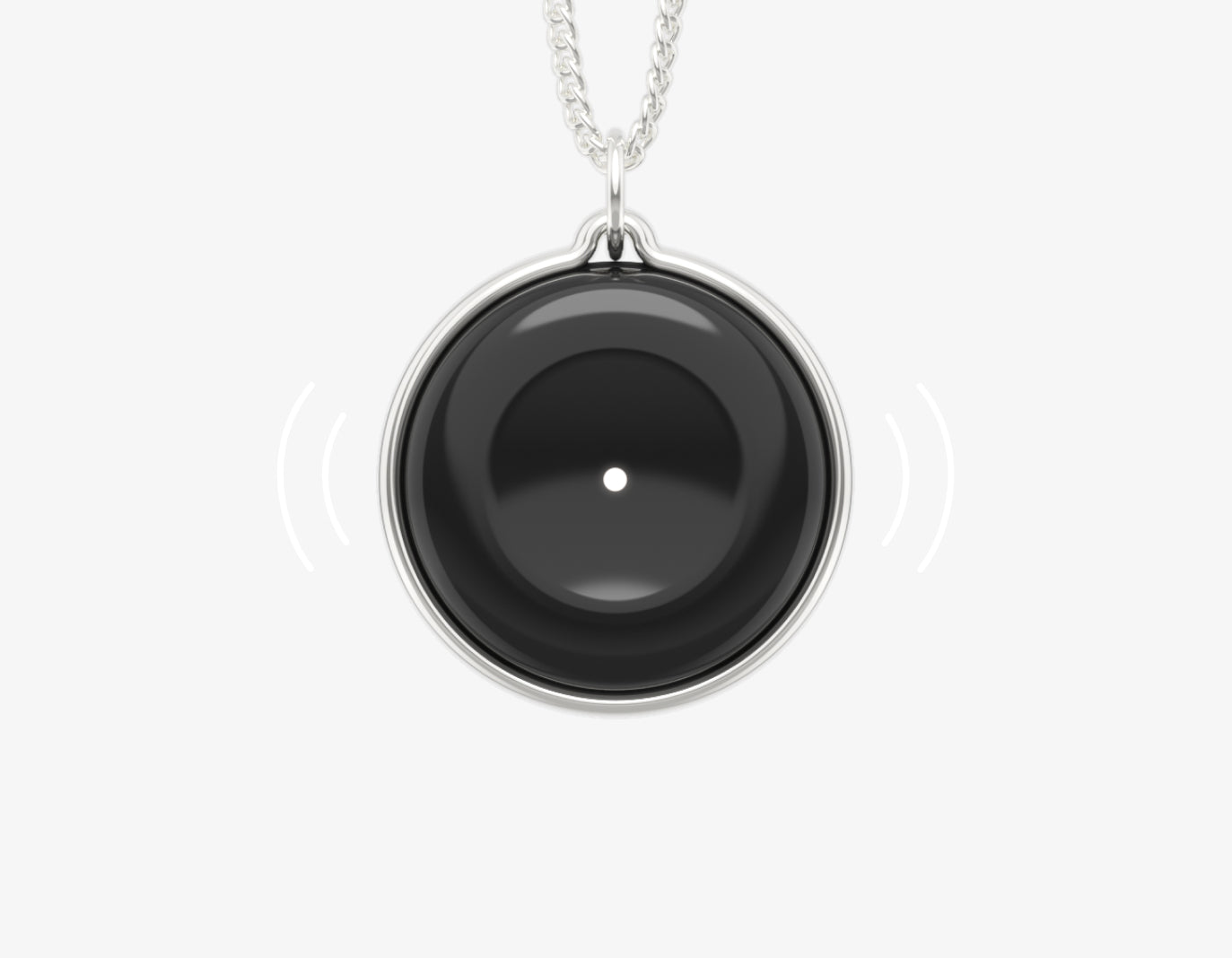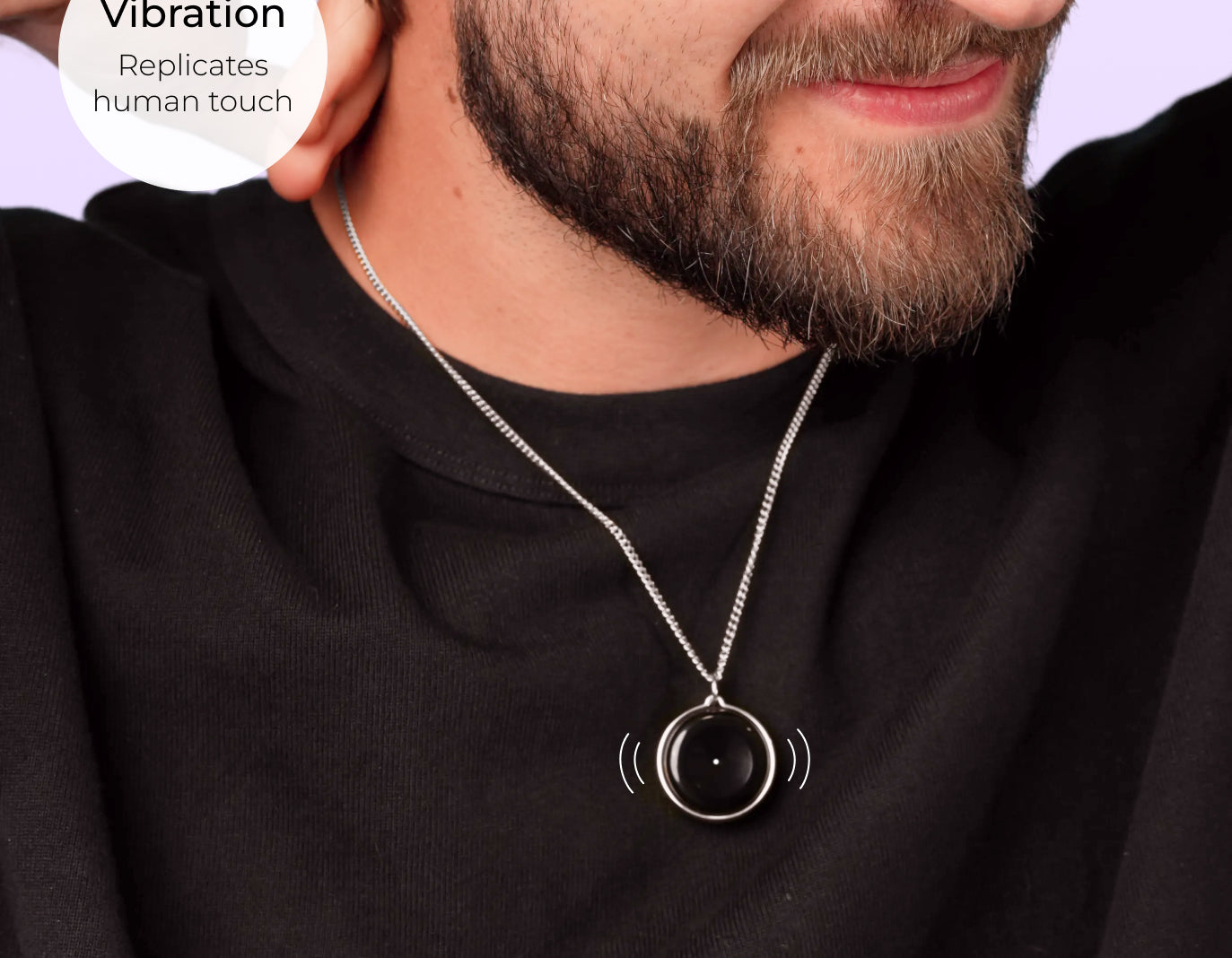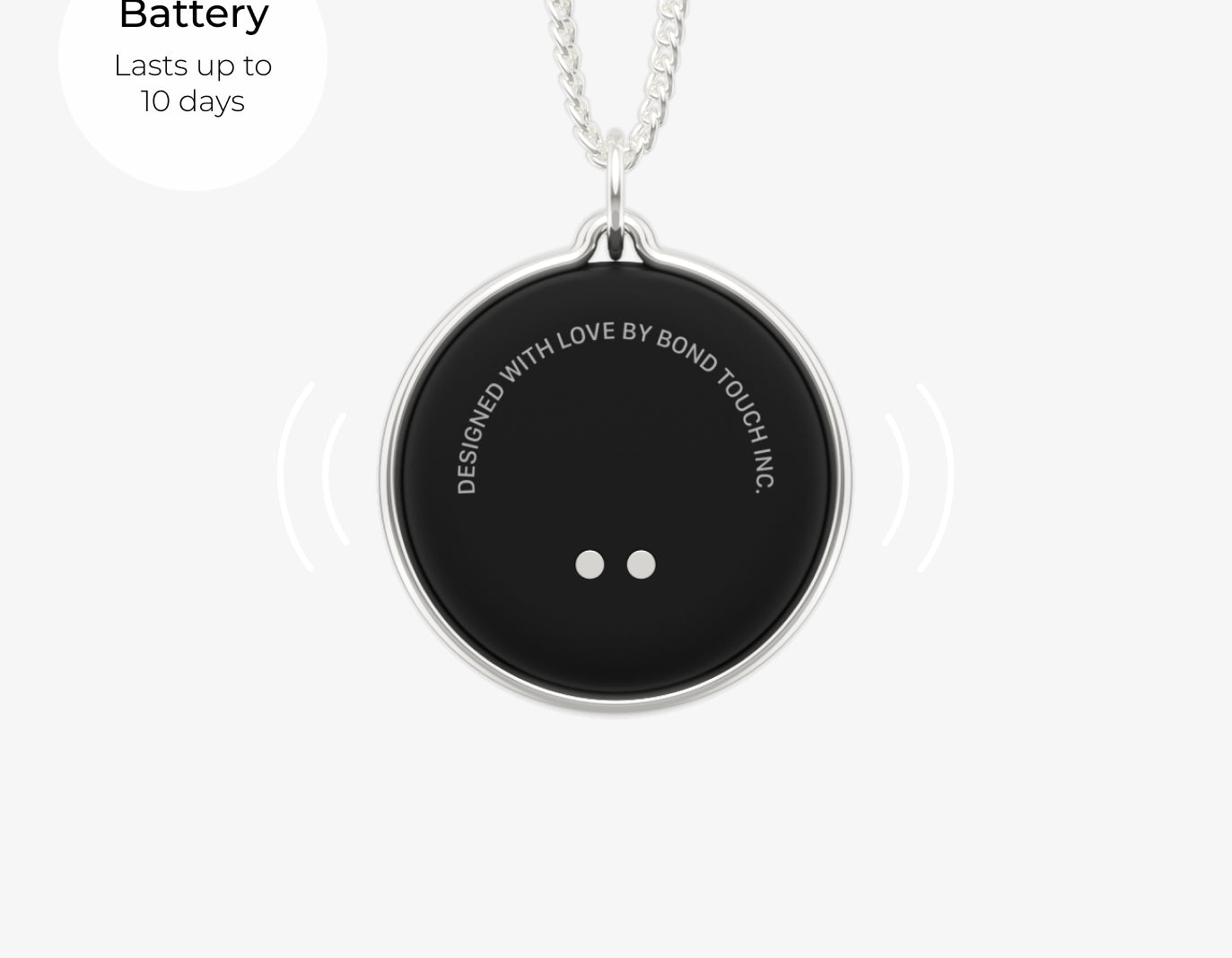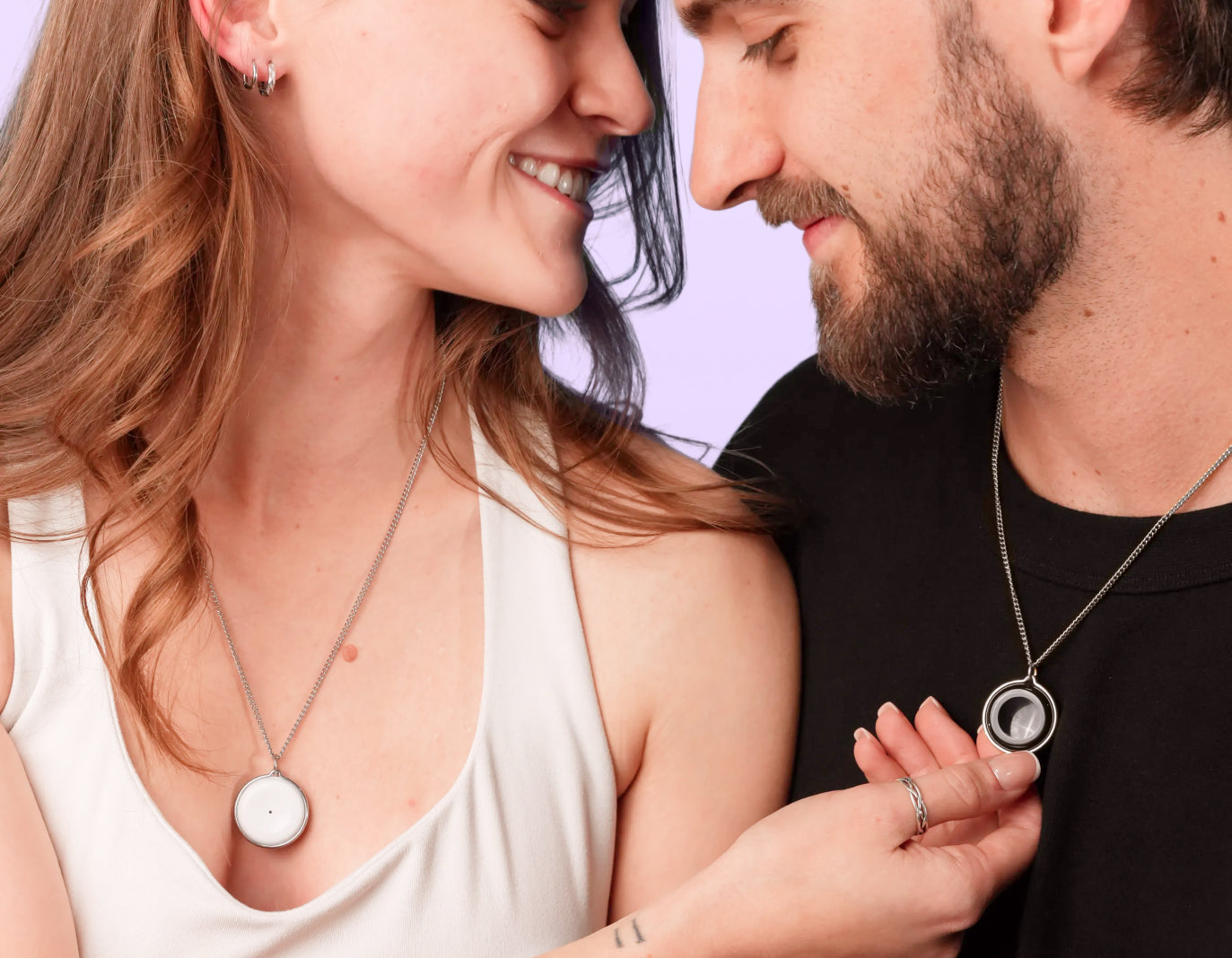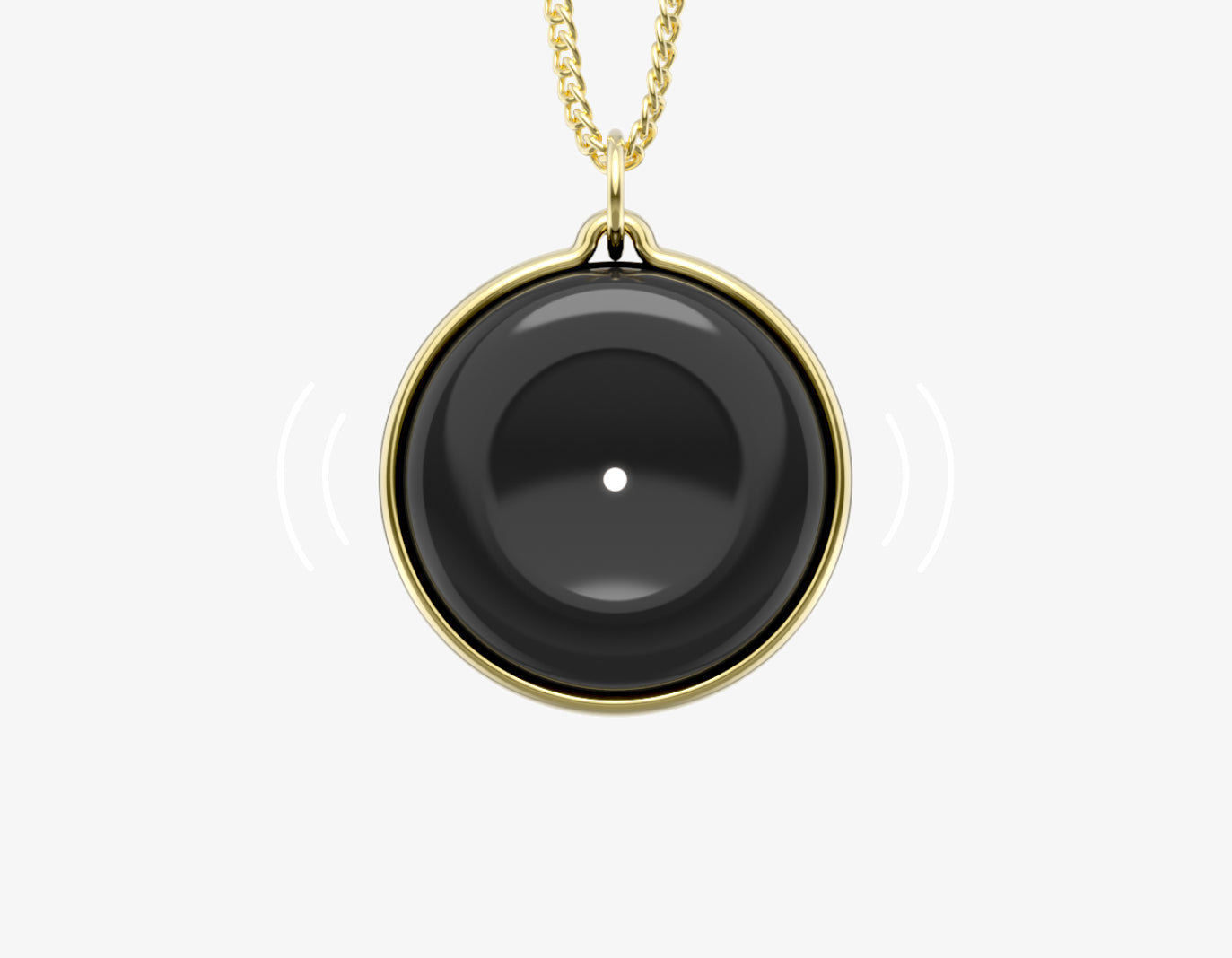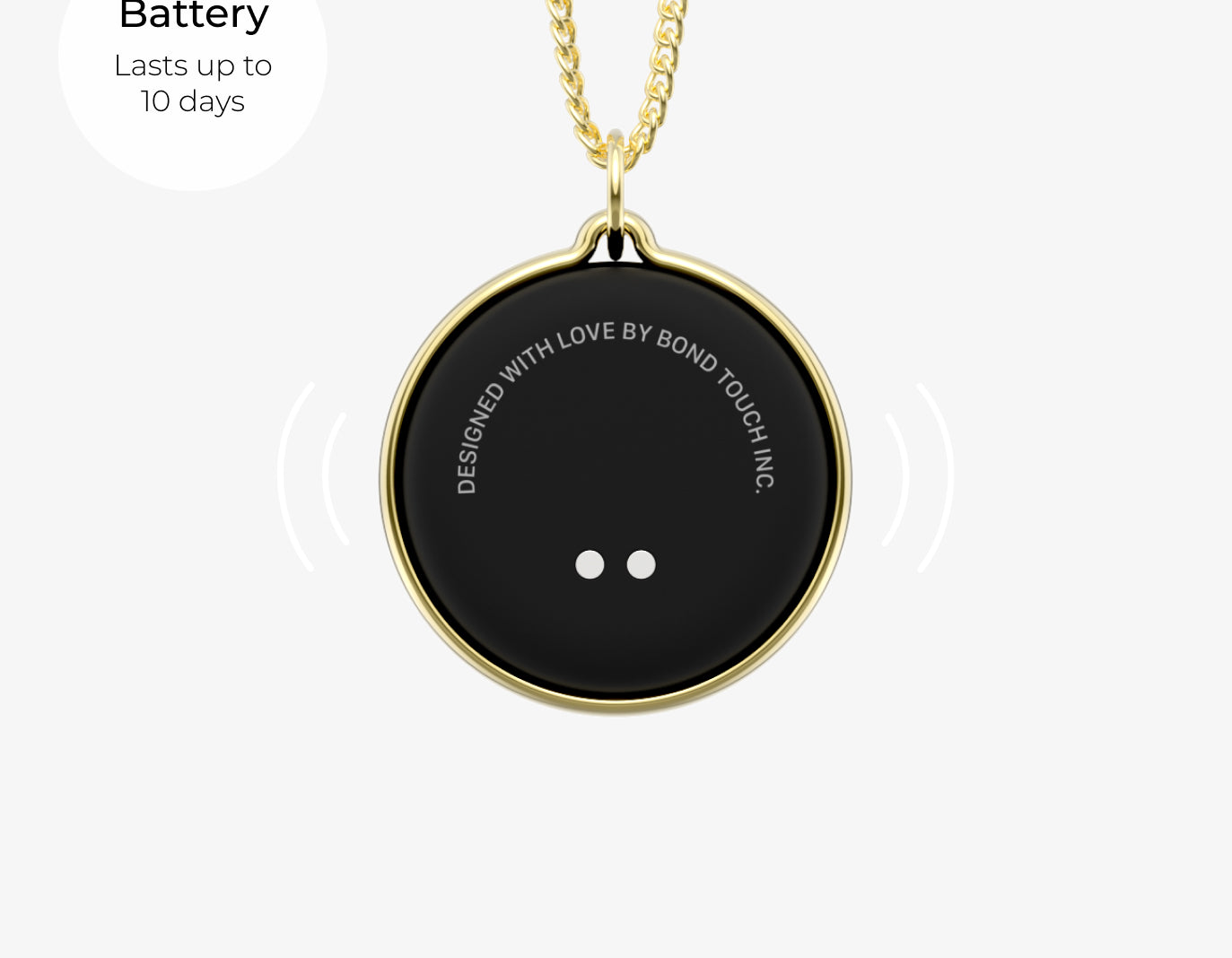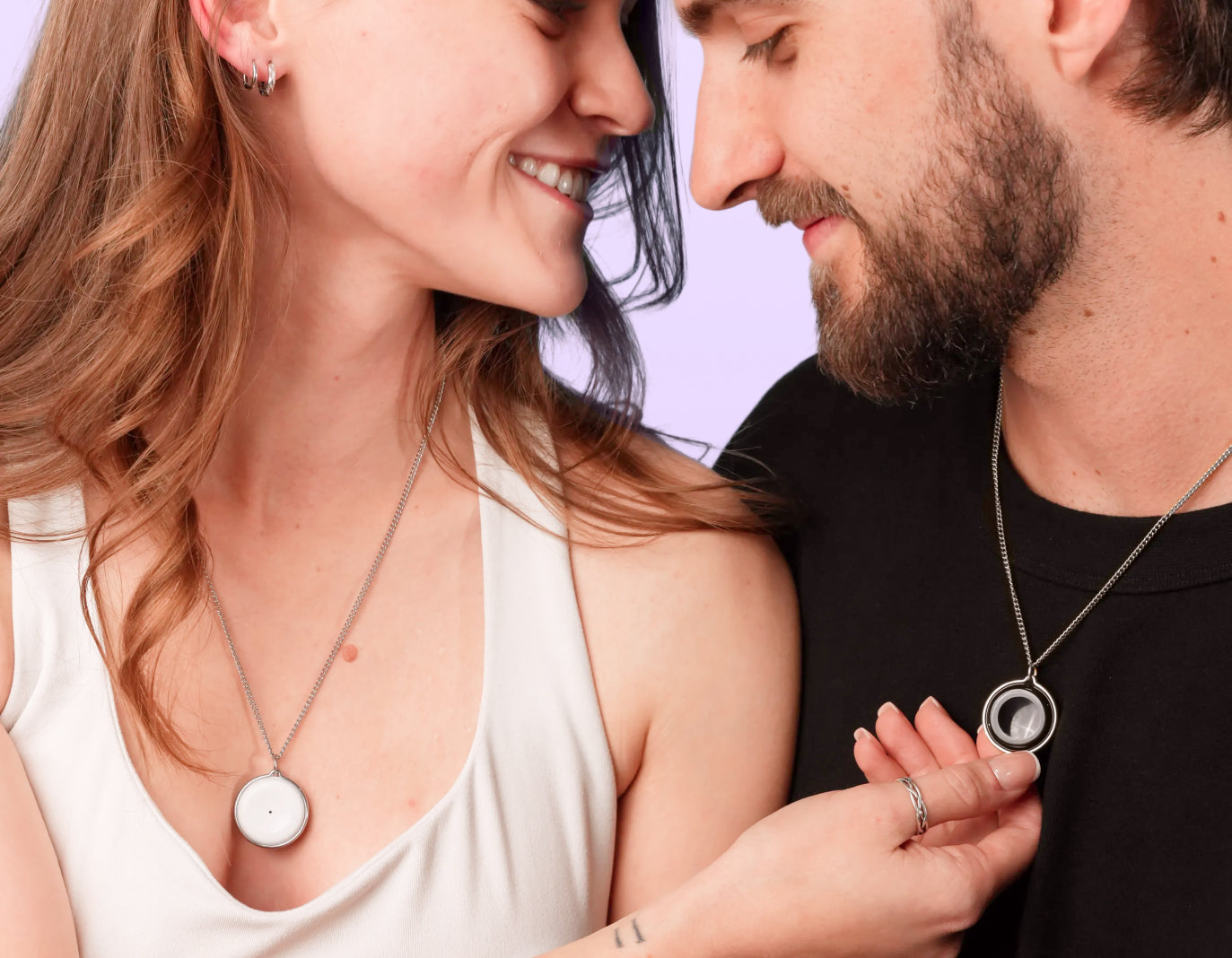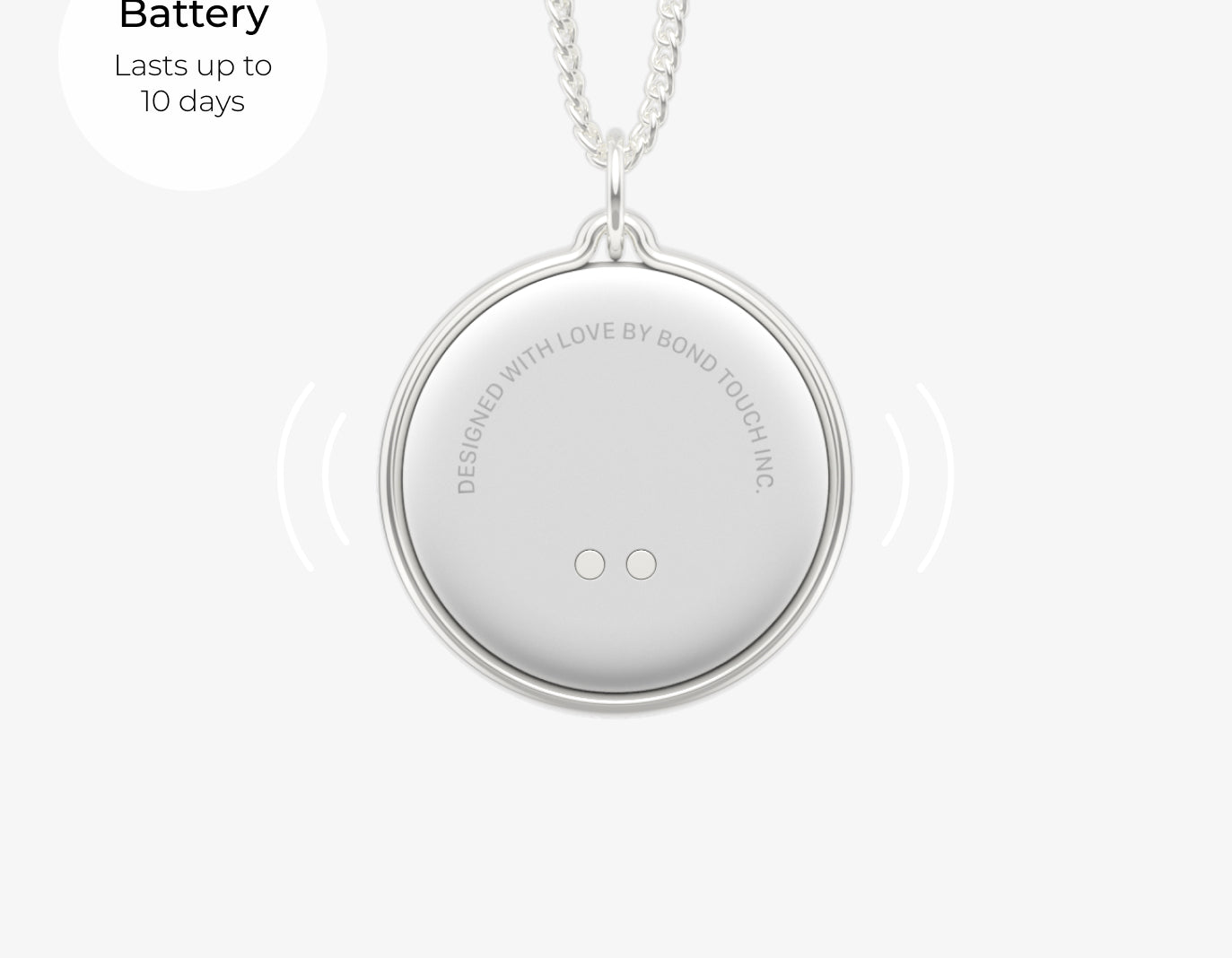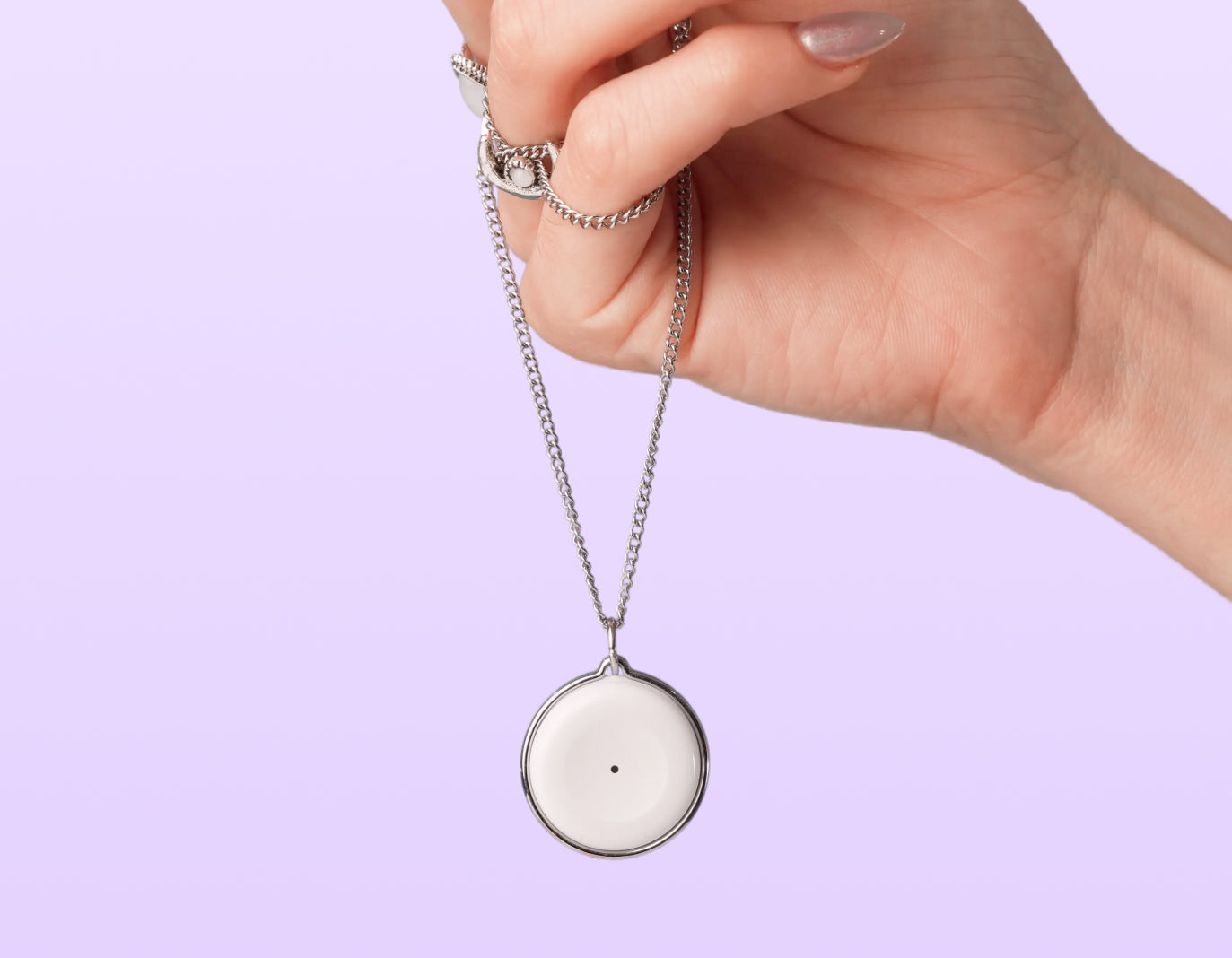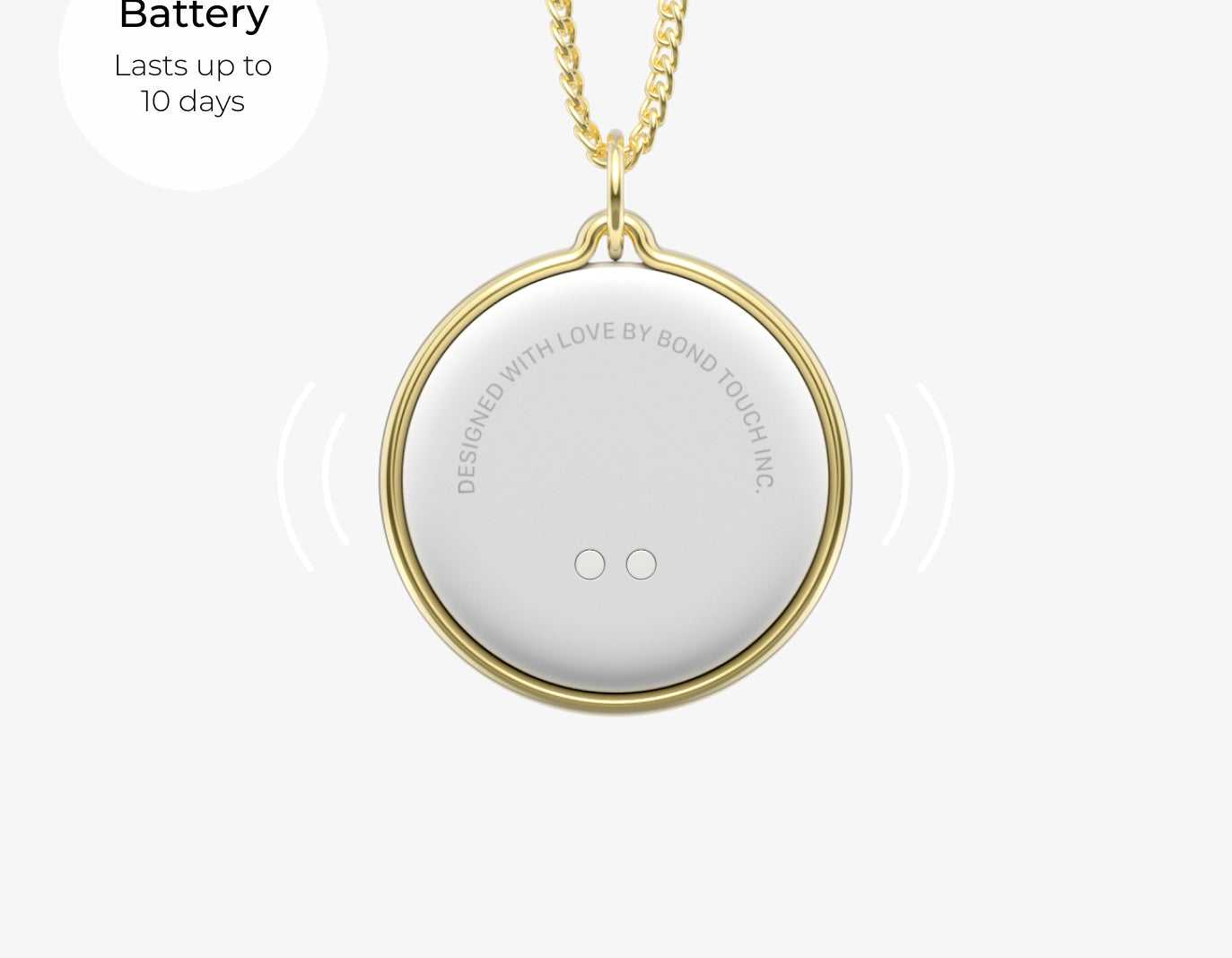From day one, my boyfriend and I practiced what I call “open and honest communication.” We say what’s on our minds and voice our opinions. We figured it would lead to a stronger bond. And even though it did, we still had the classic issue of not understanding one another, especially during arguments.
So we turned to our couple’s therapist, who we’d been seeing for about a month. We gave our therapist the run-down of our latest argument and took turns explaining our side.
“See! We keep getting stuck,” I explained, “what’s our issue?”
“I’ll let you in on a little secret,” he said, “you’re not communicating your expectations.”
For many people (my boyfriend and I included), expectations live up in our heads. They include what kind of text message we expect our partner to reply with and when we wait for our partner to notice how the trash is overflowing.
While they aren’t inherently wrong, they become an issue when we're not communicating expectations, especially in a relationship. If we're not voicing them, without realizing it, we are requiring our partners to be mind-readers.
As most of our partners are not, our desires don’t get met, and we build resentment.
Which doesn’t sound fun, right? When we take a step back, it’s clear as day that our partners can’t fulfill what we want them to if they have no idea what we want. But that doesn’t stop expectations from creeping up and controlling our behaviors without us even noticing.
So the question becomes:
How can I save my relationship by better communicating expectations?
The first step is noticing when you’re functioning based on un-communicated expectations.
A great way to do that is noticing when you feel upset or let down by your partner. Pinpoint what behavior of their made you feel this way. Then ask yourself if you wanted them to behave differently and, if so, did you communicate that desire to them?
Circling back to the trash example: if you feel annoyed yet another day passed where your partner didn’t take out the trash, ask yourself, “did I tell them that I’d like them to get rid of the garbage?”
If not, then you know you’re dealing with an uncommunicated expectation.
Now you might be thinking, “but they should know! The trash smells, and it’s something I always do!”
Which is another uncommunicated expectation. Maybe your partner doesn’t think it’s something that needs to be done right away. Perhaps, since you’ve always taken care of the trash, they thought it’s a chore you’ve taken on.
Either way, having a conversation will help resolve things. You can not only talk about how their actions made you feel, but you can also communicate the way you expect things to go moving forward.
But this is where things can become tricky because communicating in a relationship isn’t always easy. So let’s talk about a few ways to talk about expectations effectively so they don’t become the silent killer of your relationship.
Consider if your expectations are reasonable and healthy.
While it’s great to communicate your expectations, that doesn’t mean all of your expectations are healthy ones. You may see a couple on Tiktok who only posts funny videos and suddenly think there’s something wrong with your relationship because you argue now and then.
Or, for me, I used to expect that my partner would make me happy. Not only is that such a high expectation to meet, but it’s also not healthy for either of us long-term.
Spoiler: finding this out meant I started investing a lot more time in things I loved outside of the relationship.
So think about why you have the expectations you do. Is it to help your relationship, meet a need of yours, or deepen your bond? Or are you doing it out of a place of fear or comparison?
Be concise when you're communicating expectations.
If you’re like me and you overthink everything, you might also fall into the not-so-pretty habit of over-explaining things. While describing every thought around your expectation might seem like an unhelpful way of communicating, it can be highly confusing for your partner.
Instead, I like to use “I feel” statements, followed by my expectation.
“I feel sad when you don’t ask how my day was when I come home from work. It would mean a lot to me if you started doing that,” is a great example.
Keep things concise and focus on one expectation at a time.
Have an open mind about your partner’s response.
Just because you have an expectation doesn’t mean your partner has to meet it. I’d love for my boyfriend and me to go to bed together every night, but he doesn’t go to sleep as early as I do. Instead of shutting him down or insisting he meet my expectation, I stay open-minded to his reasoning.
Anytime you’re communicating with your partner, it’s best to keep an open mind. You won’t always see eye-to-eye, but respect goes a long way.
Compromise when necessary.
When my boyfriend and I talked about my expectation to go to bed together, we came up with a compromise: we cuddle for 20 minutes before I go to bed, and after, he goes and plays video games with his friends.
For us, it works perfectly. I get that alone time and physical contact that I want (and so does my boyfriend). He gets to stay up later without me resenting him. Our compromise met in the middle of our expectations.
While it might be hard at first, compromising is part of being in a healthy, respectful relationship. So though your expectation might not be met in the exact way you want, a middle ground can feel almost as good, plus your partner feels respected, too.
Don’t shame, criticize, or blame.
Your partner not meeting your expectation may feel like an attack on you, but I challenge you to try not to take things so personally. Again, your partner can’t know what you want if you don’t express it. Even if it seems obvious to you, it may not be obvious to them.
For the sake of your relationship, resist trying to make them feel bad or shaming them into acting differently. Communicating from a place of love will get your message across better, plus you’ll feel happier as well.
So you've tried communicating expectations. What now?
Allow your partner time to adjust.
It would be great to communicate something once, and our partners start doing it right away, but that’s not how people work. When something is new to someone, they need time to adjust. They may forget or even make a few mistakes.
But remember that’s okay. You’re in a relationship, so, therefore, you’re a team. Teammates have each other’s backs.











